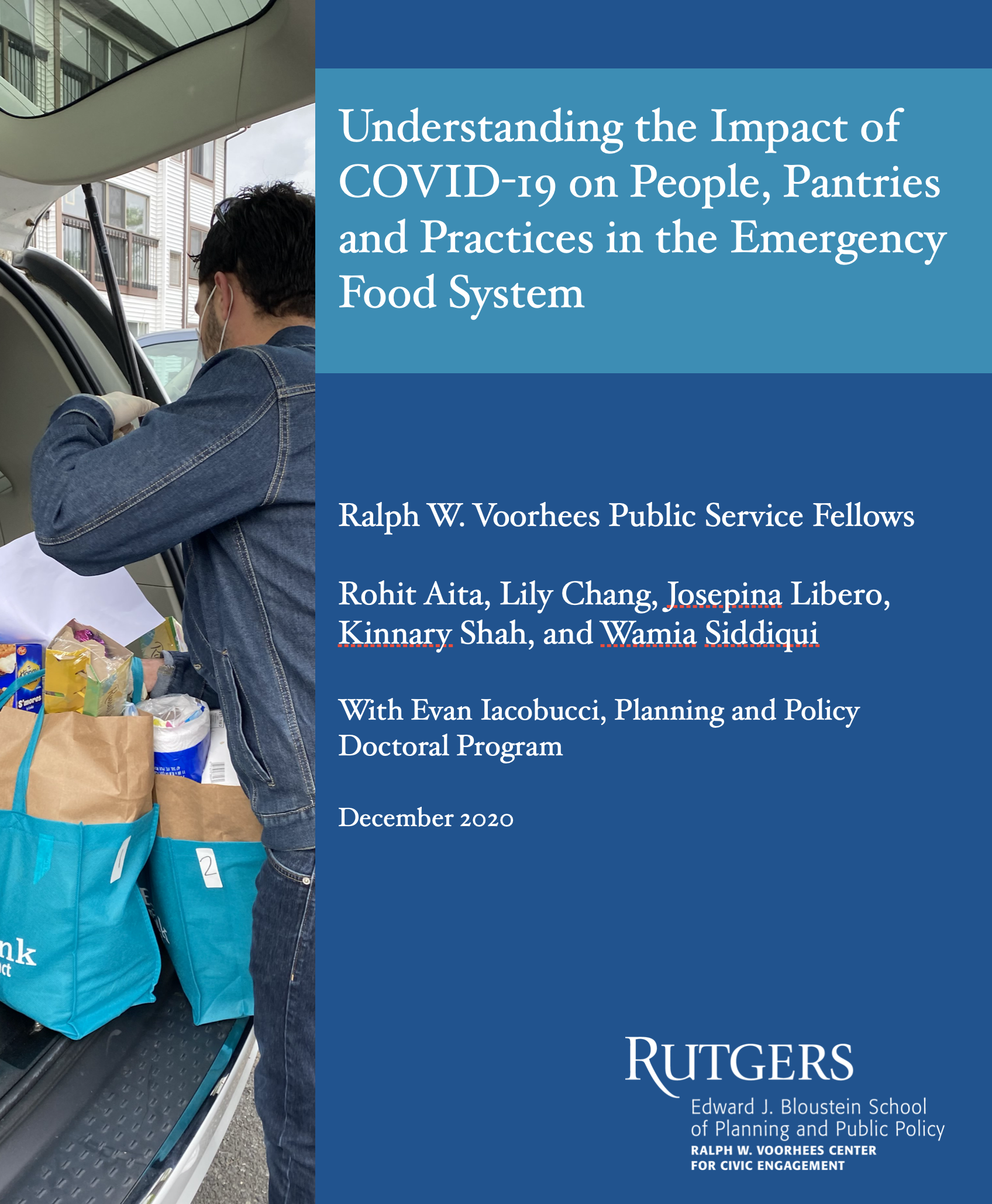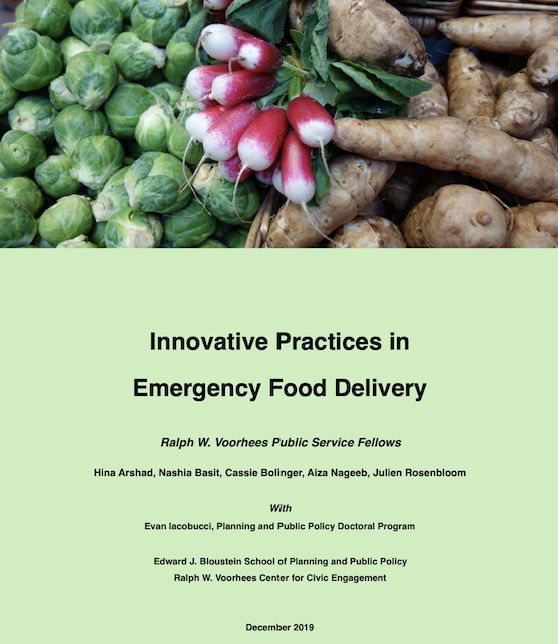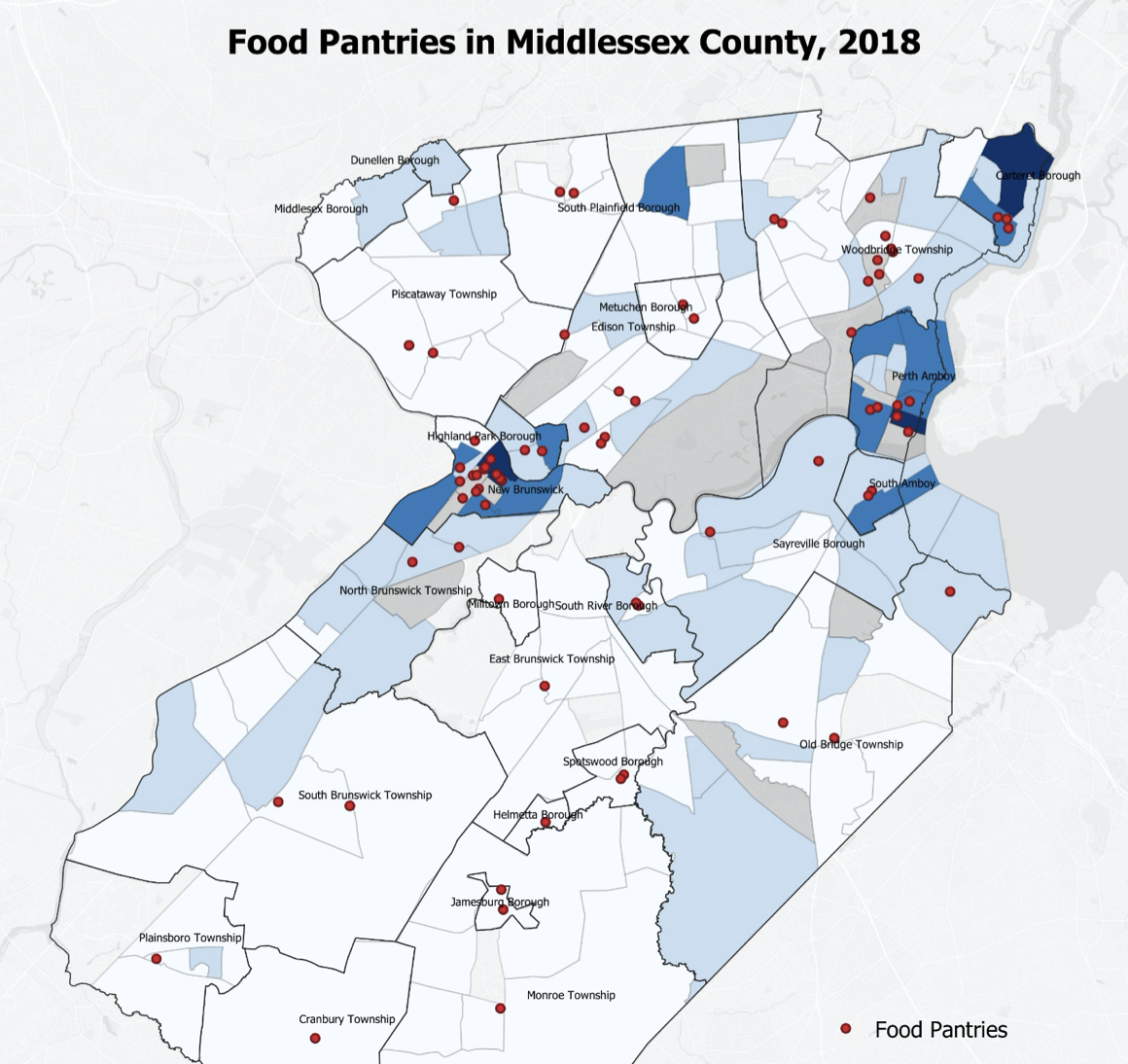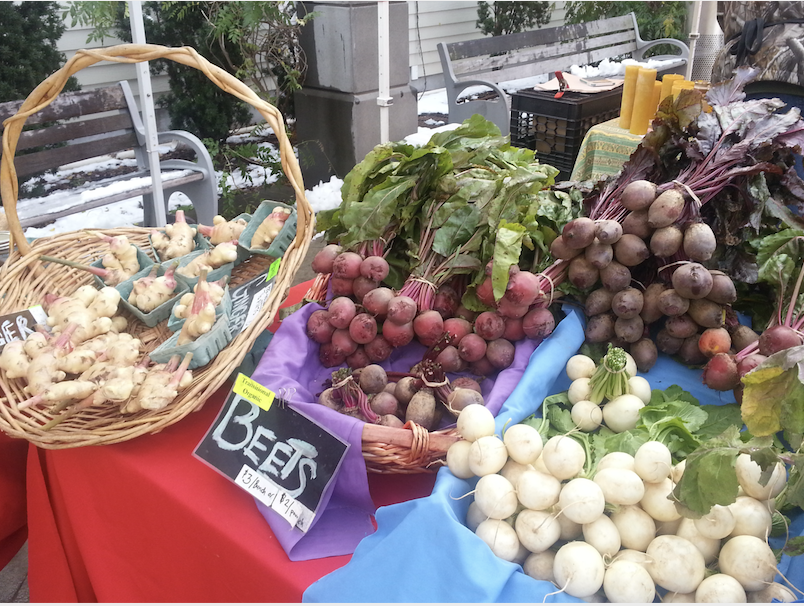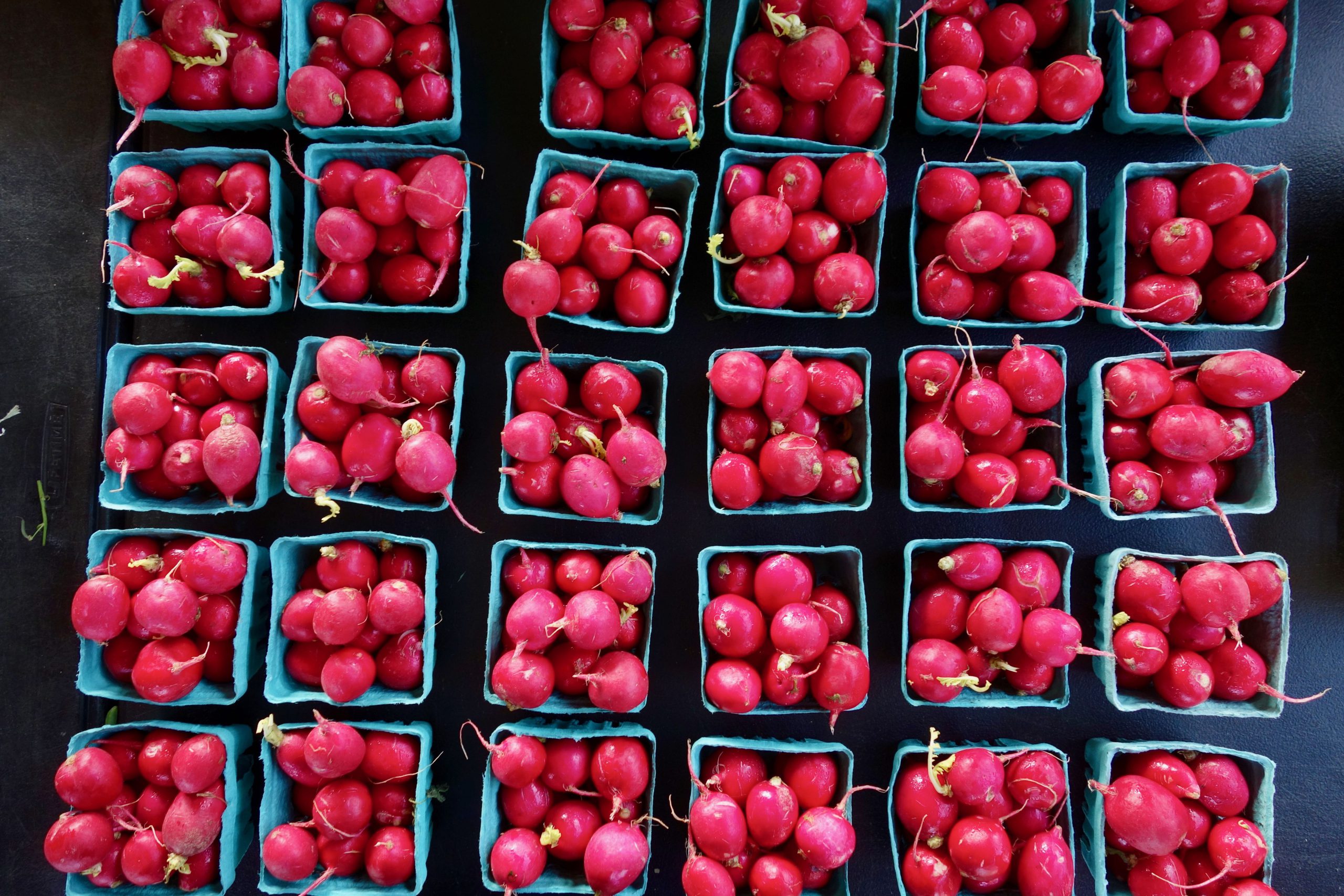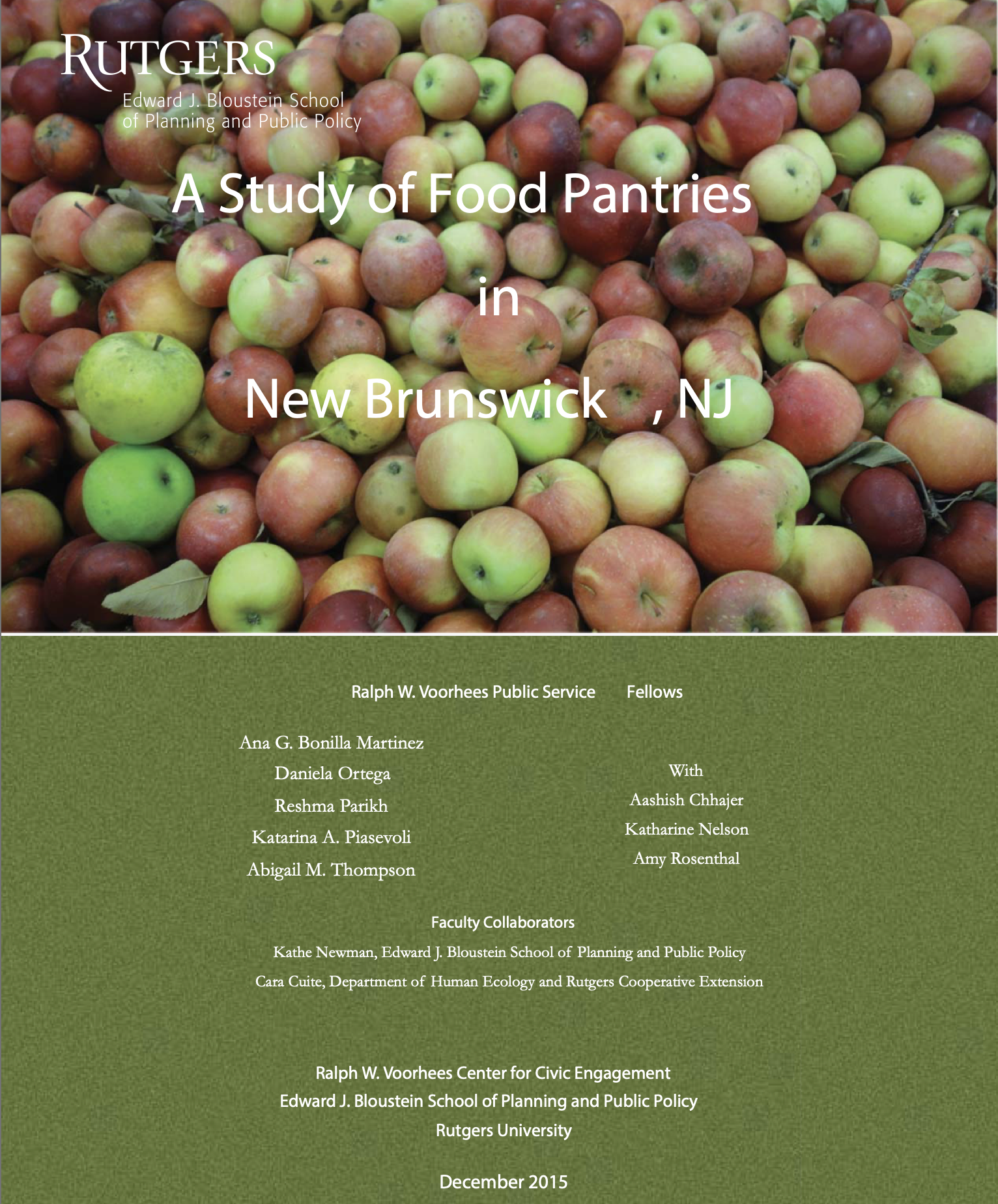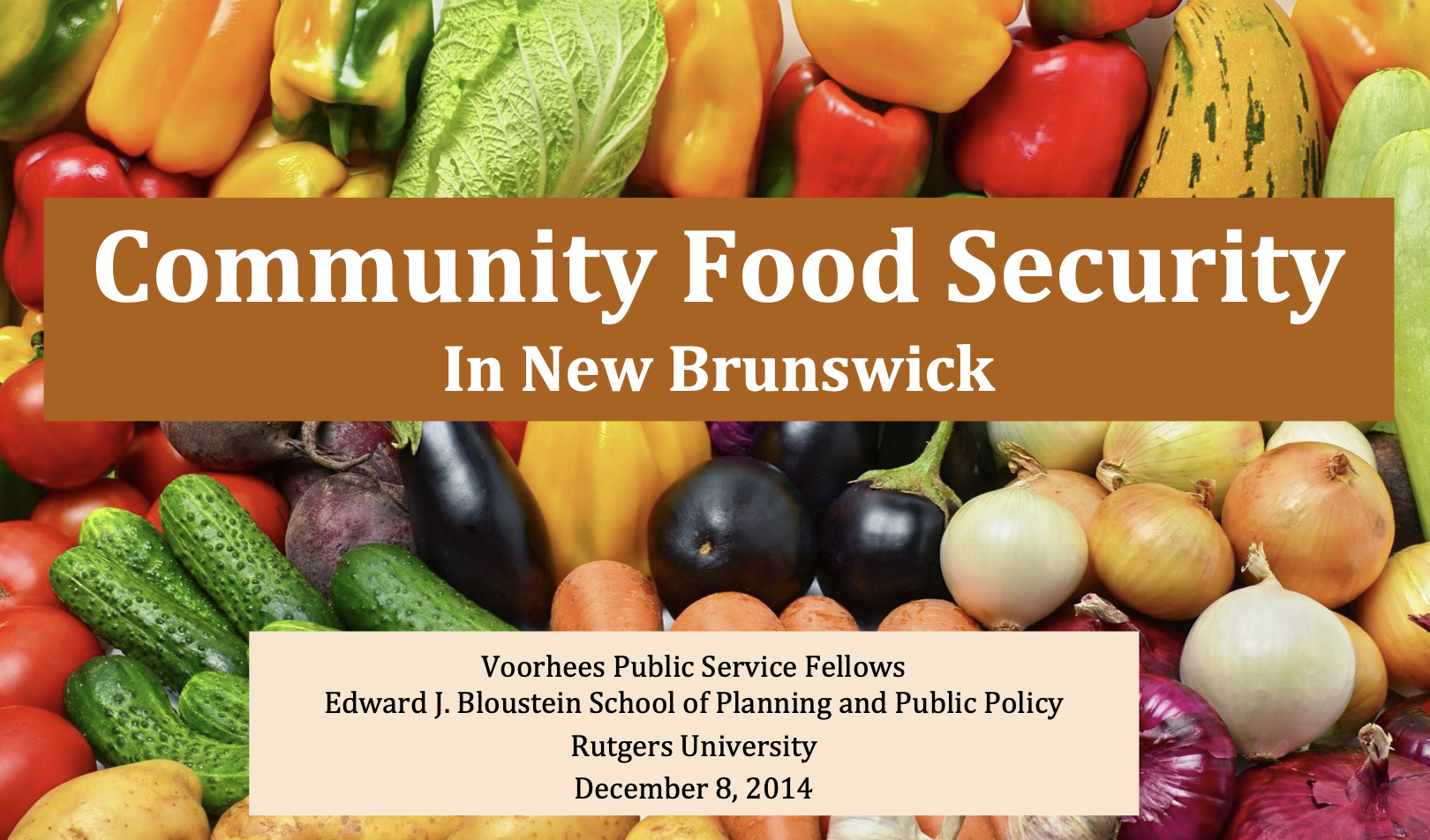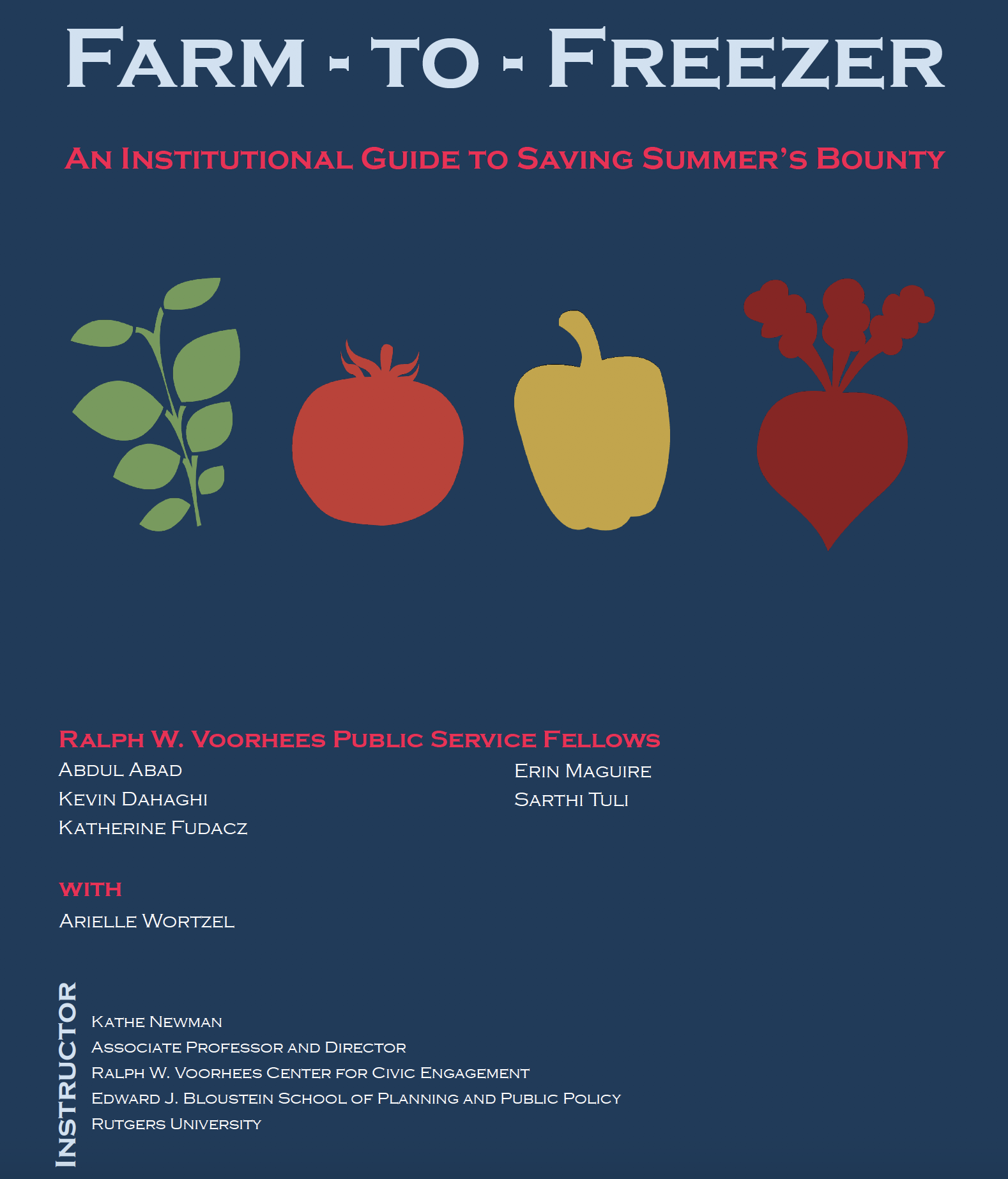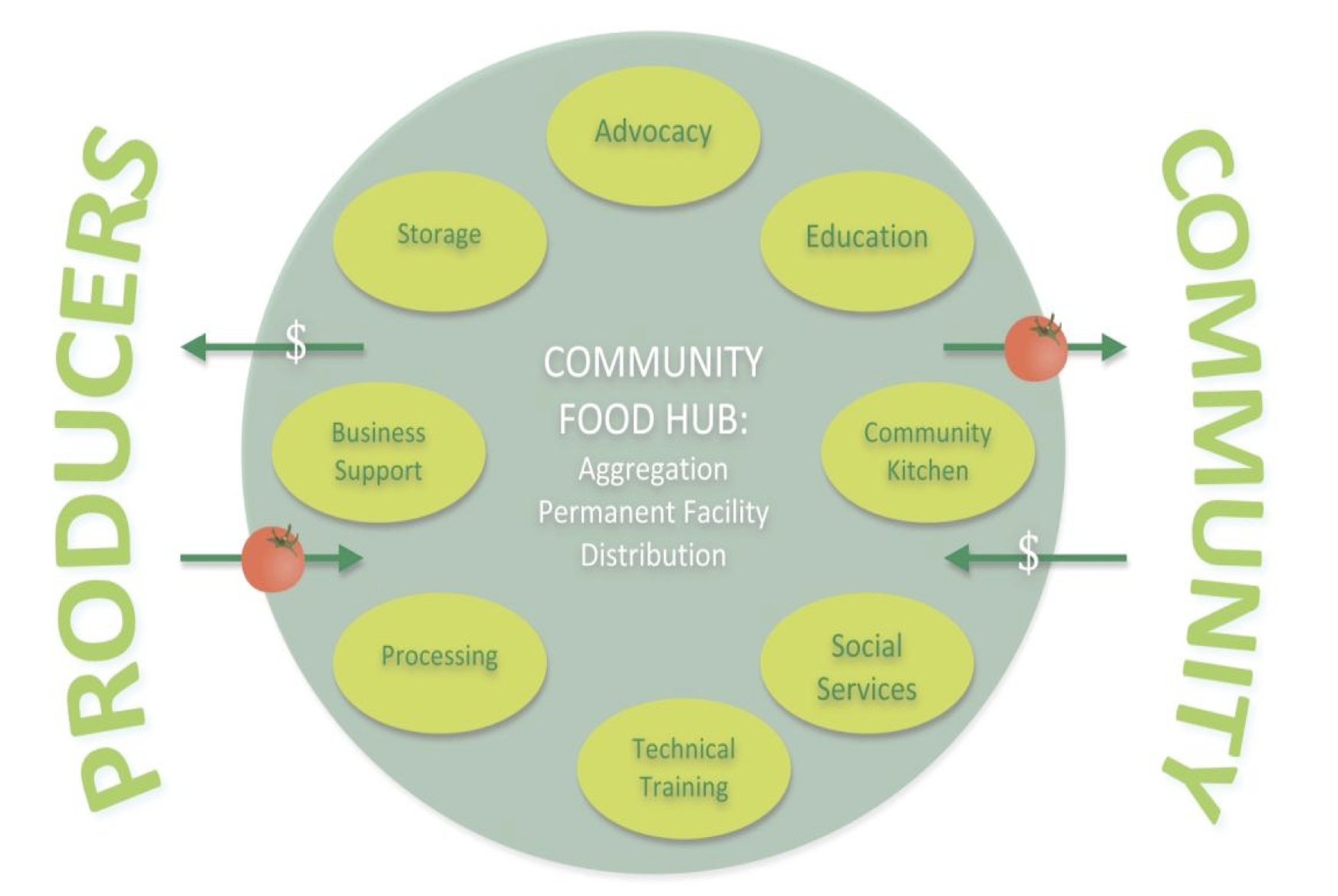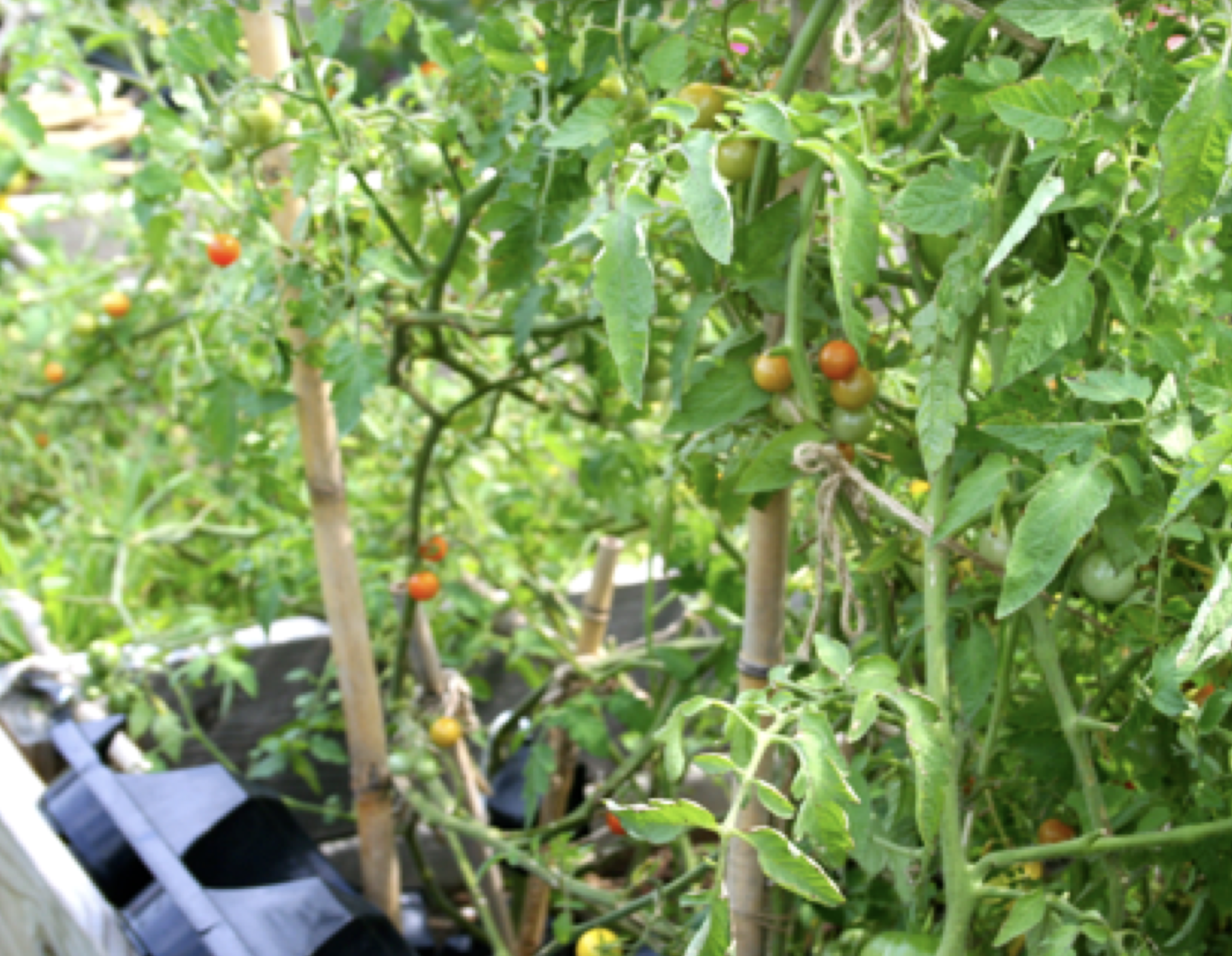About the Ralph W. Voorhees Fellowship Program in Public Service
The Ralph W. Voorhees Program in Public Service awards up to five (5) fellowships of $5,000 each annually. Selected students are part of a semester-long collaborative applied research project with a community organization. Fellows meet weekly during class time to work on the studio project, build skills, reflect on community experiences, and meet community leaders from New Jersey and beyond. Students earn three credits in the Fall semester of their junior or senior year and present their project publicly at the end of the term. The studios have worked in a variety of subject areas including community healthcare, housing and foreclosure, ports and goods movement, and urban agriculture and food-related community economic development.
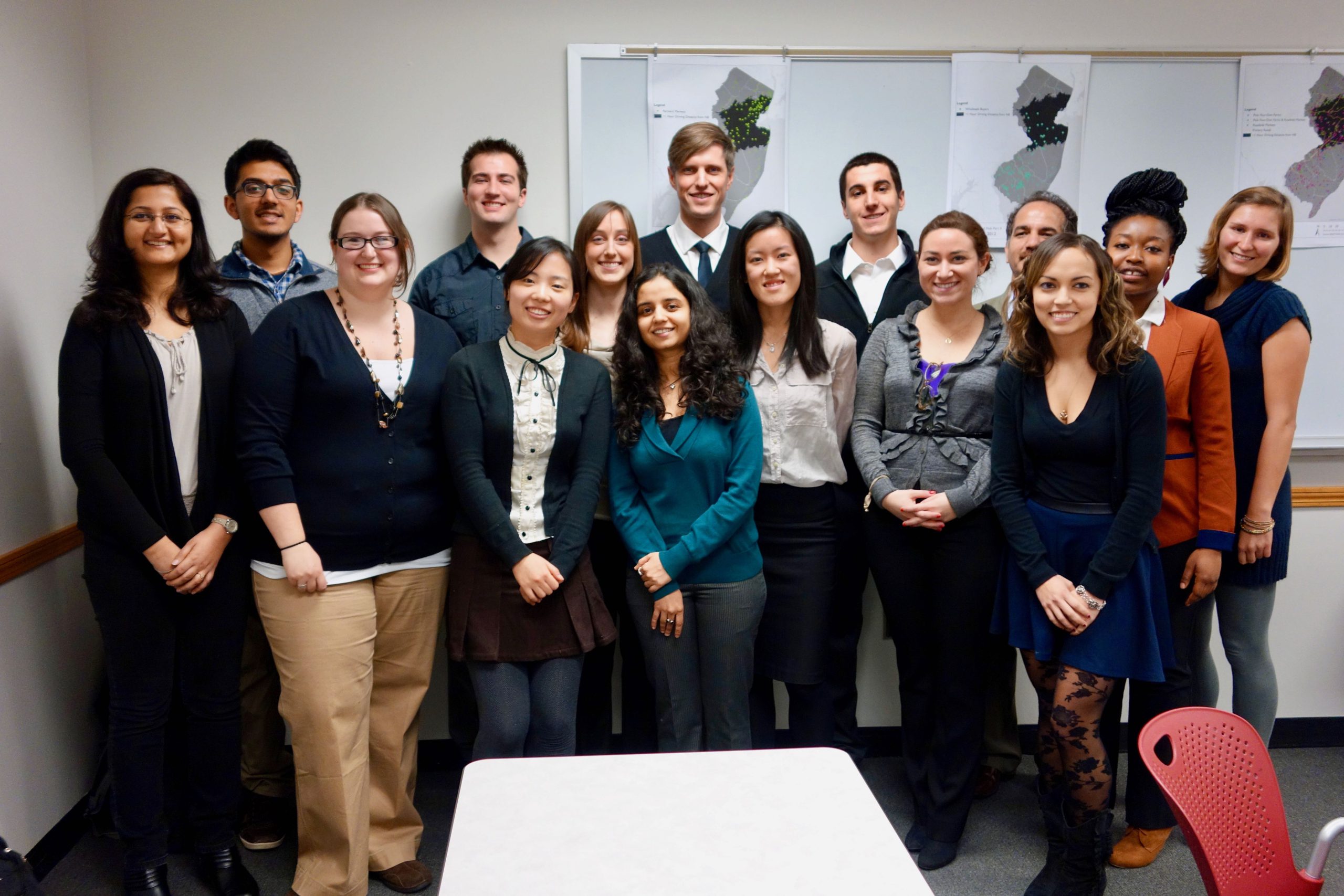
Eligibility
The Ralph W. Voorhees Public Service Fellowship is open to undergraduate students from any major in any school at Rutgers University.
The Fellowship Experience
- Students will meet weekly to work on a community-based research project with a local organization
- Network and interact with community members
- Present research publicly at the end of the semester
- Participants are able to become a part of the Fellowship alumni network upon completion of the Fellowship Program and meet other civic leaders
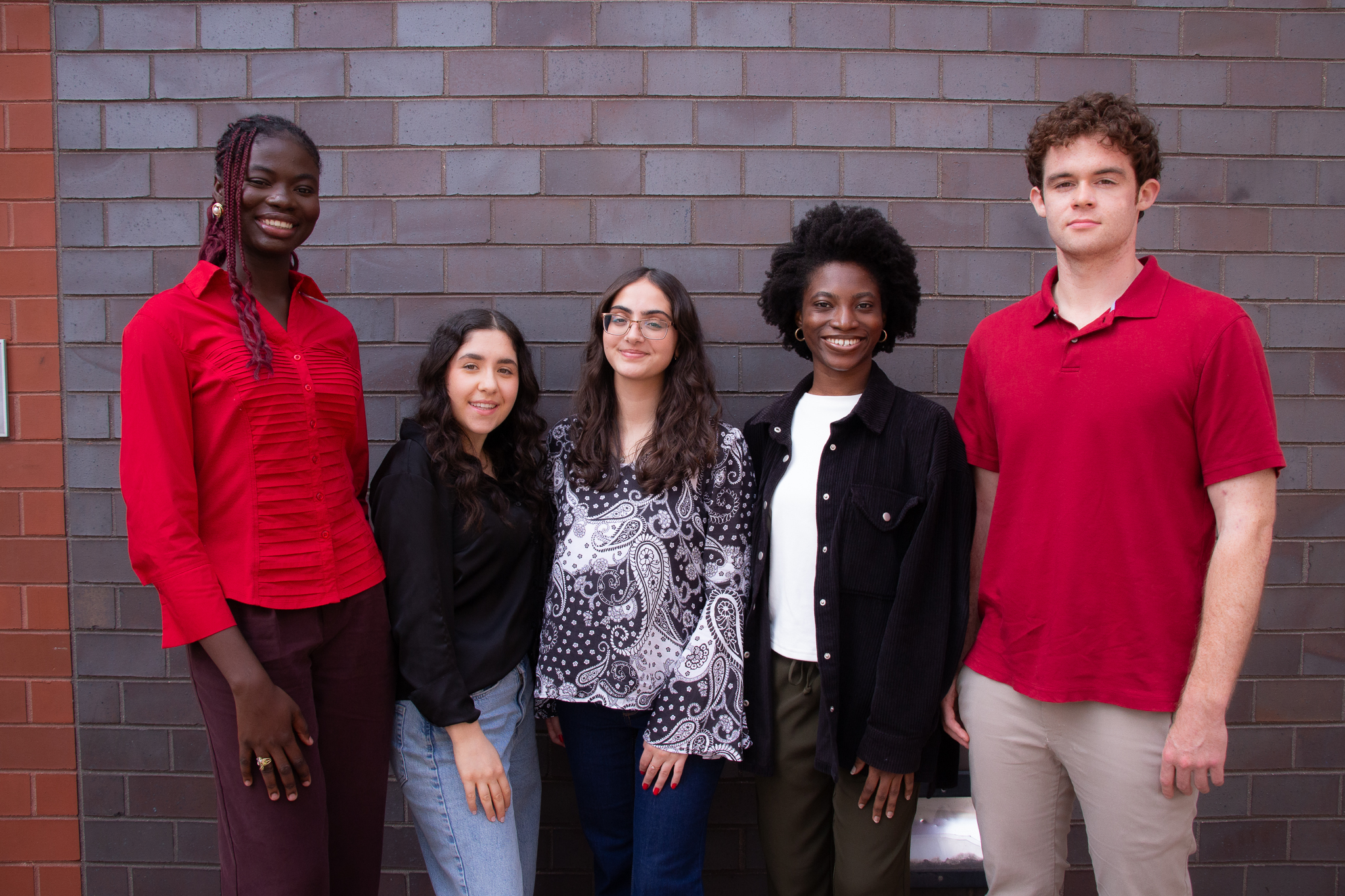
2024-25 Ralph W. Voorhees Public Service Fellows
The Ralph W. Voorhees Public Service Fellows are working with New Community Corporation, a community development organization in Newark, New Jersey, to better understand housing navigation.
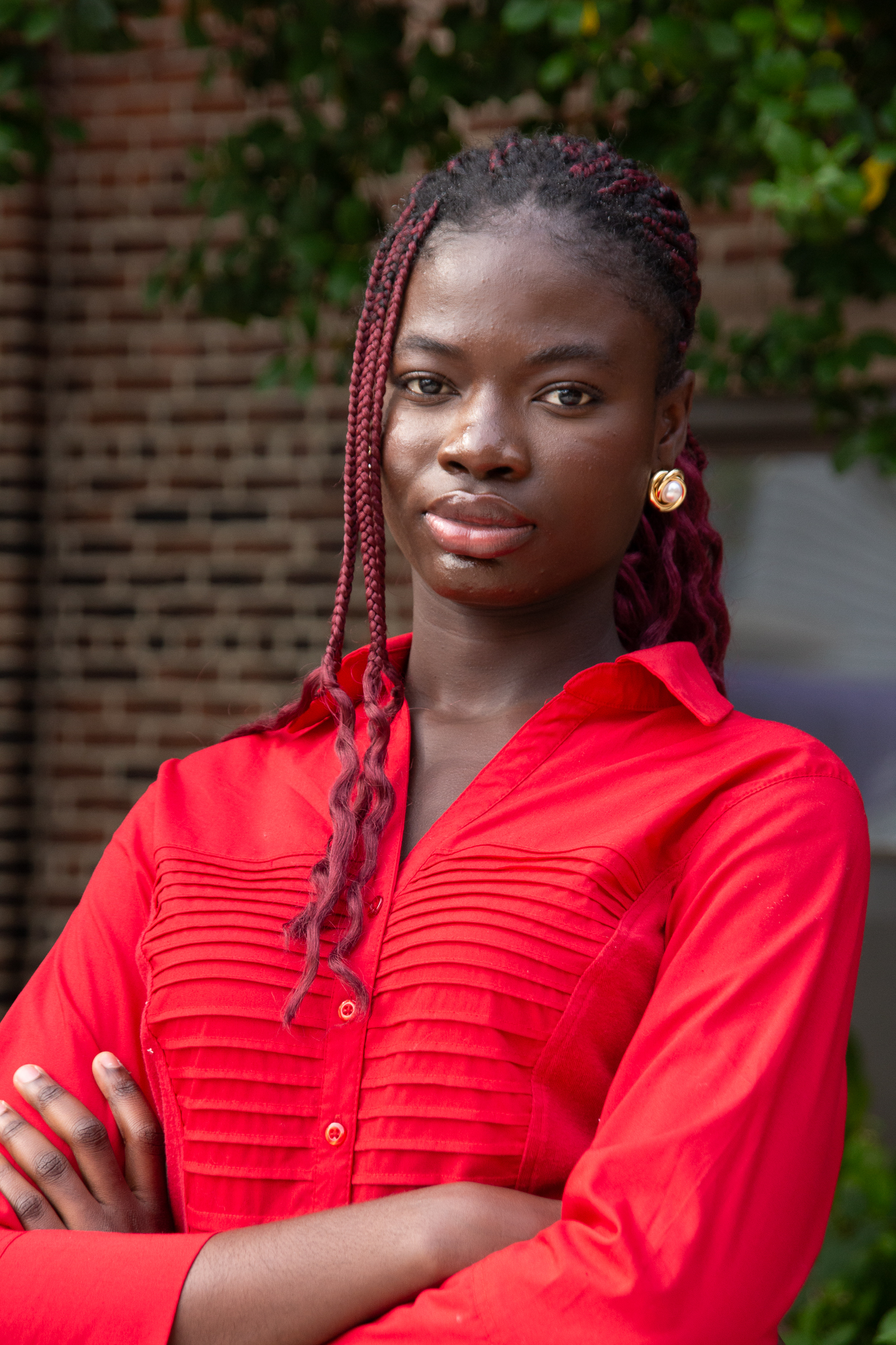
Bernice Amankwah
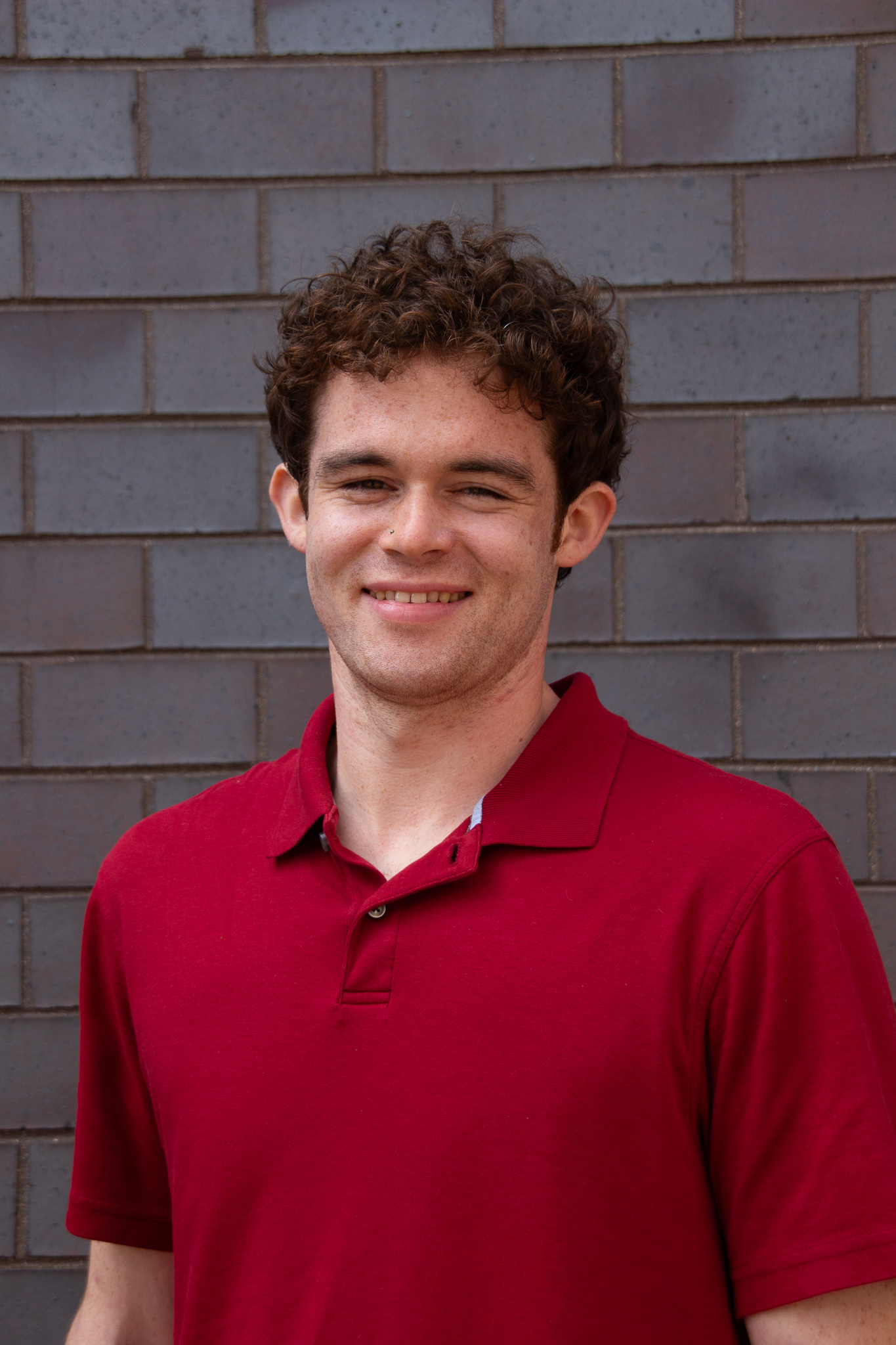
James Laurie
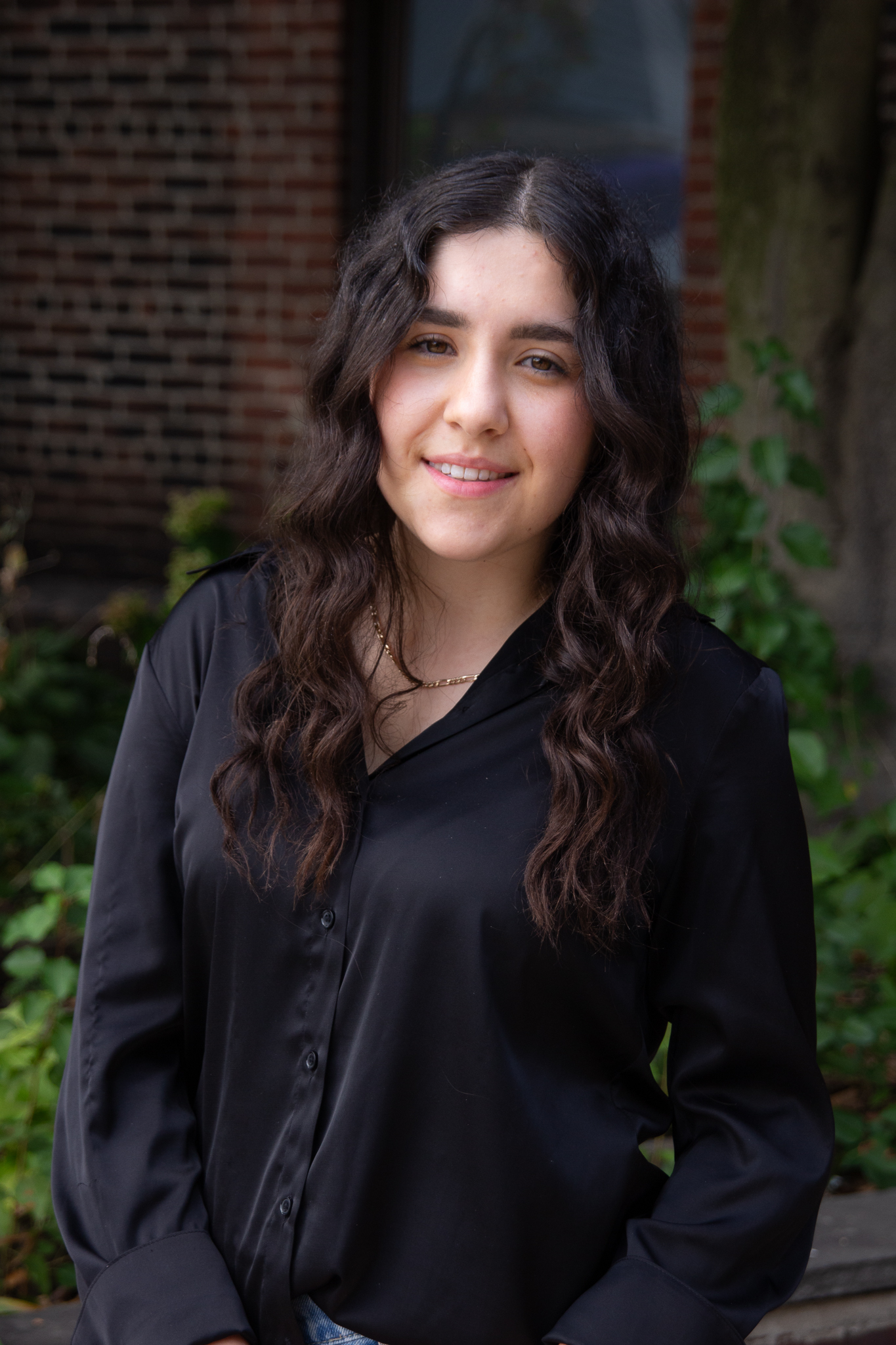
Eva Lebowitz
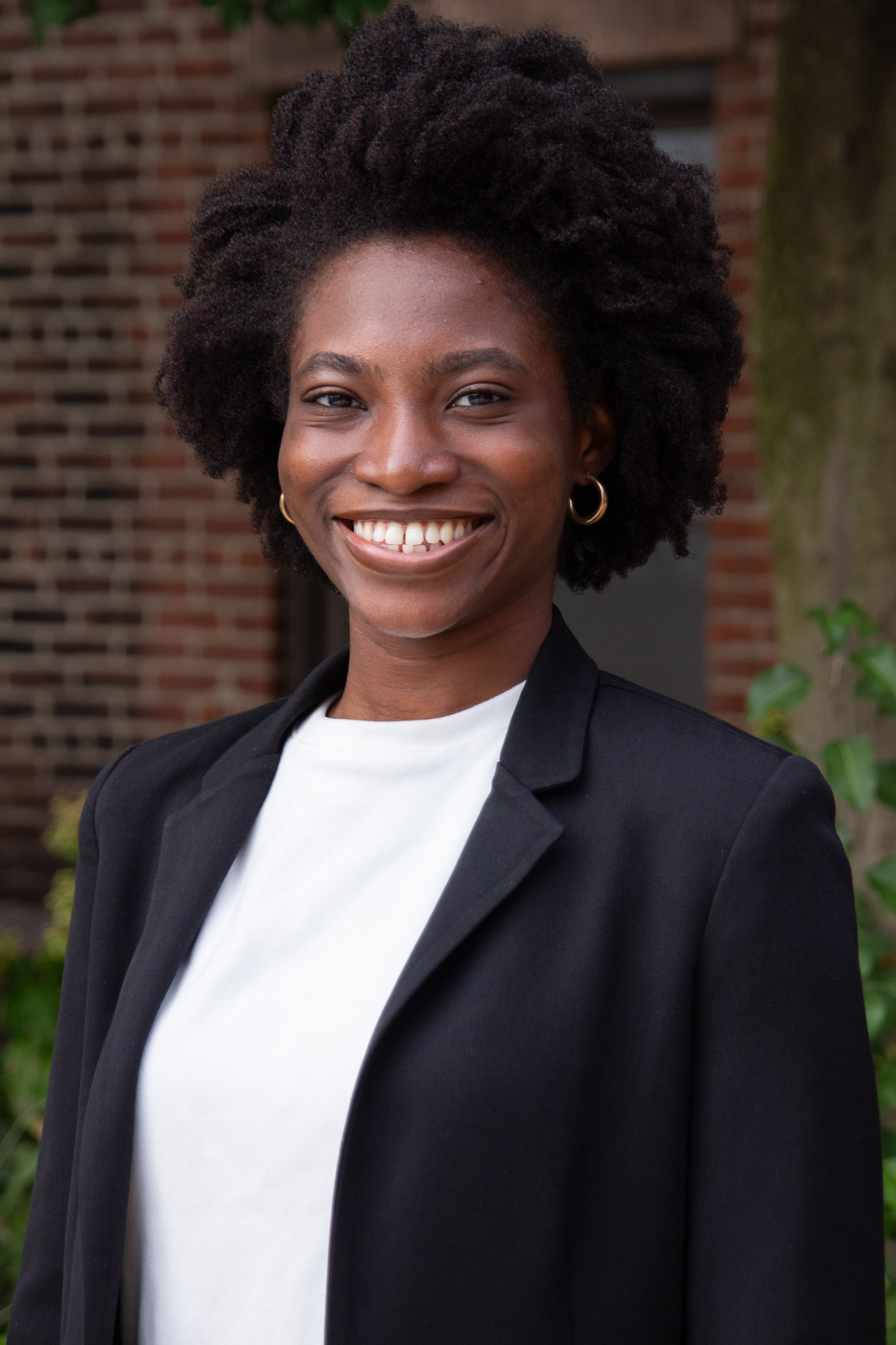
Celestina Mensah
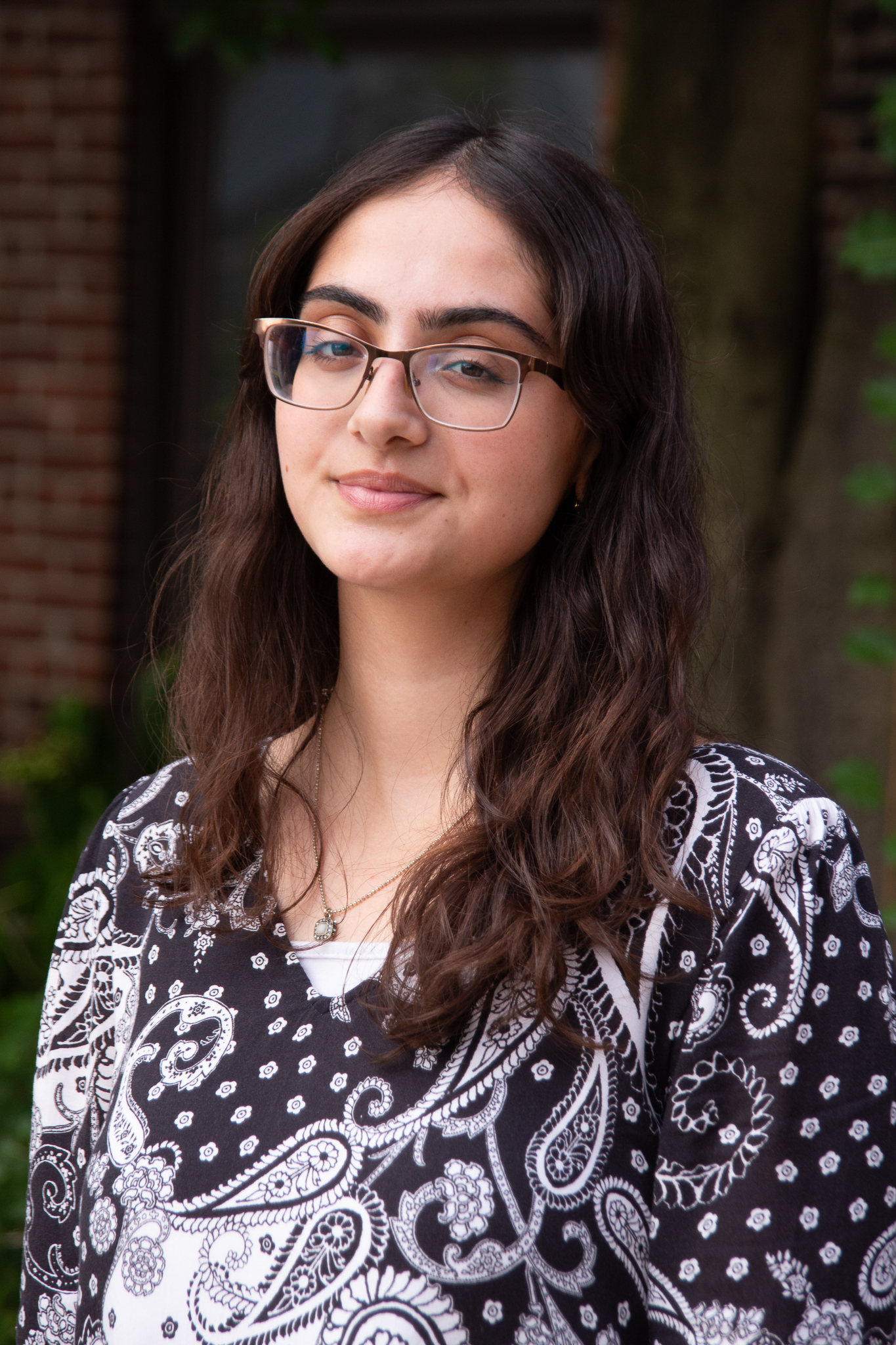
Anisa Siddiqi
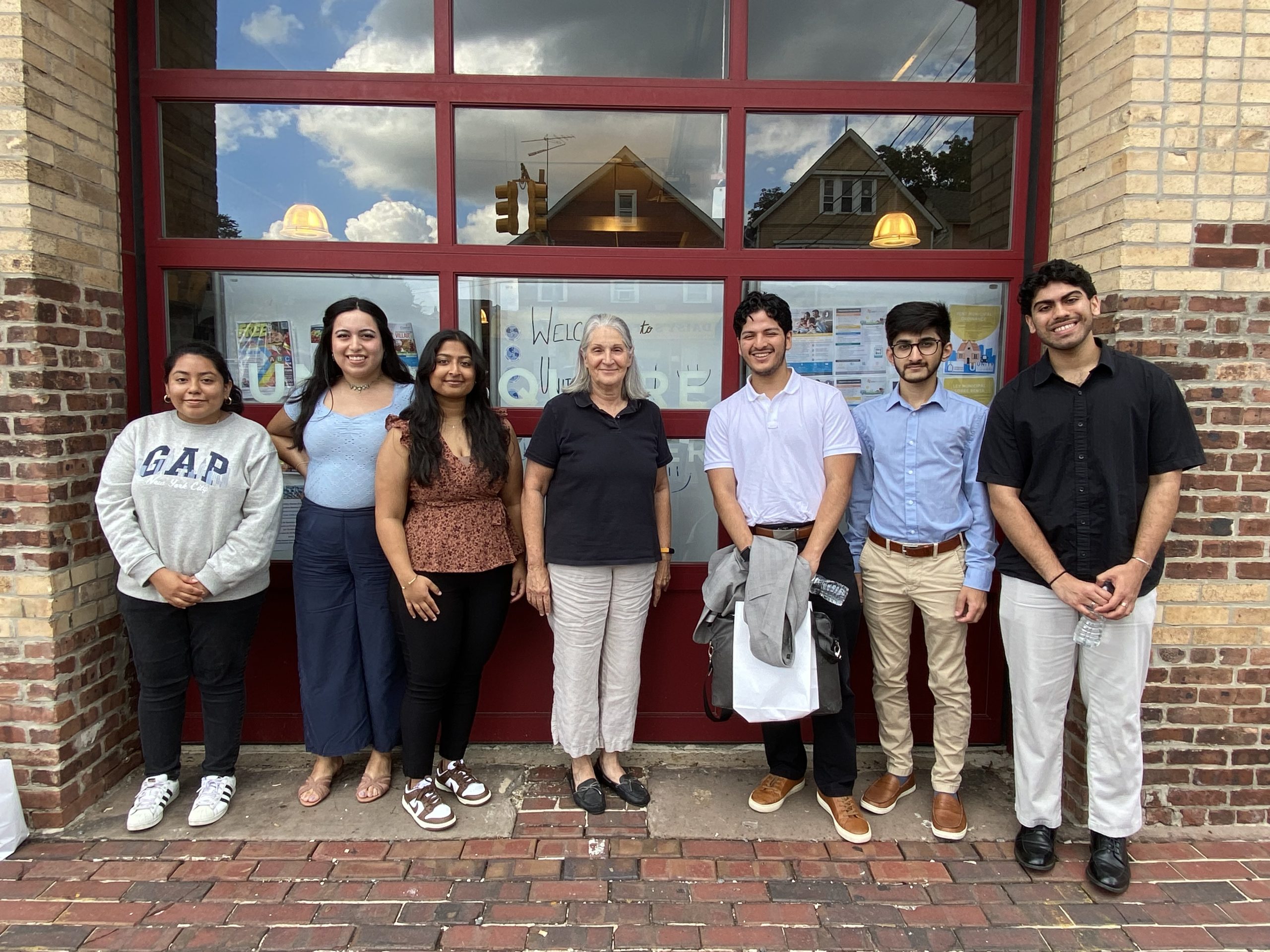
2023-24 Ralph W. Voorhees Public Service Fellows
The Ralph W. Voorhees Public Service Fellows are working with Unity Square, a grassroots emergency service organization in New Brunswick, to better understand how emergency service organizations can better support the unhoused population with basic needs such as hygiene, storage, wash and storage facilities.
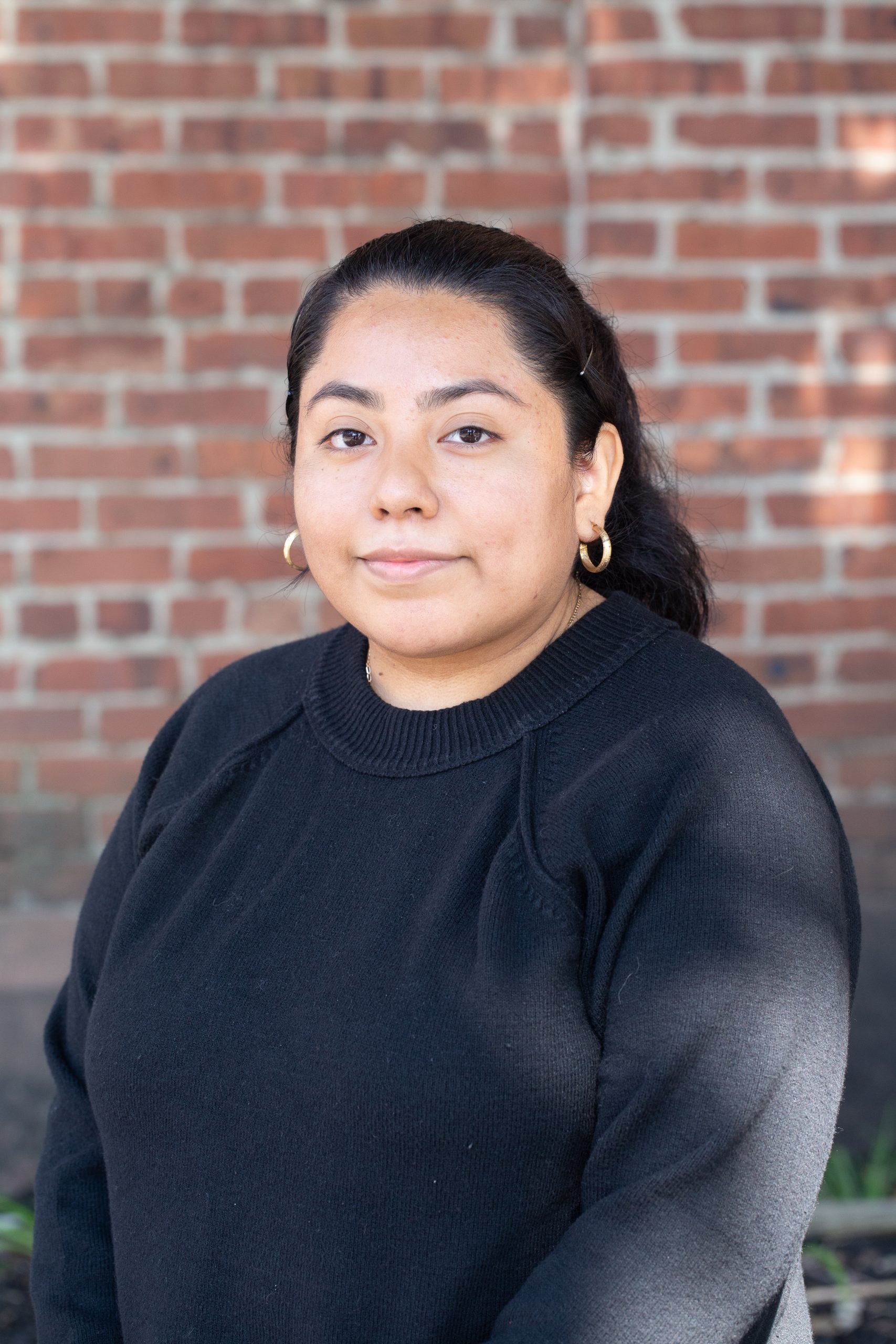
Janet Cazares
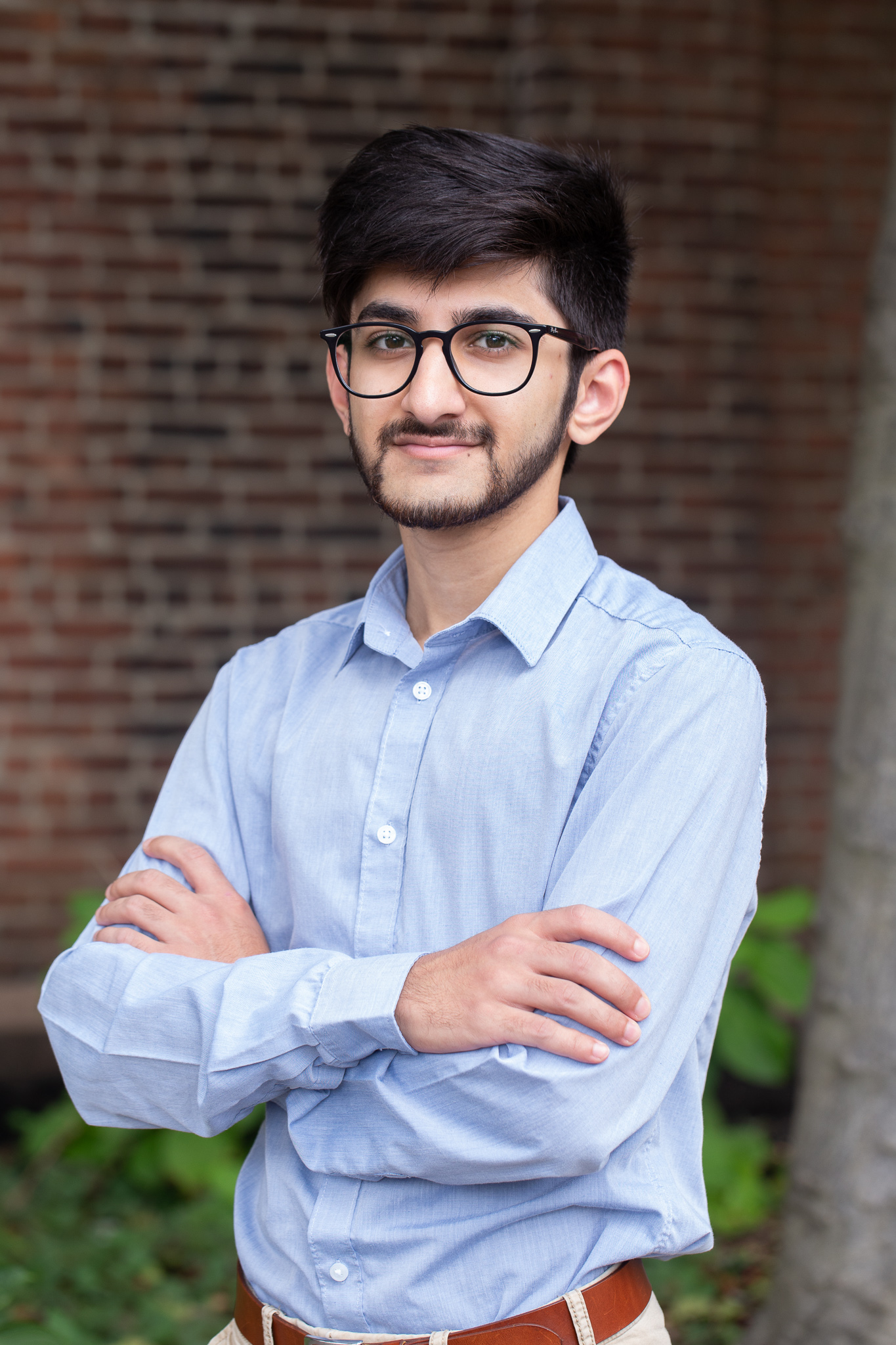
Hamza Choudhry
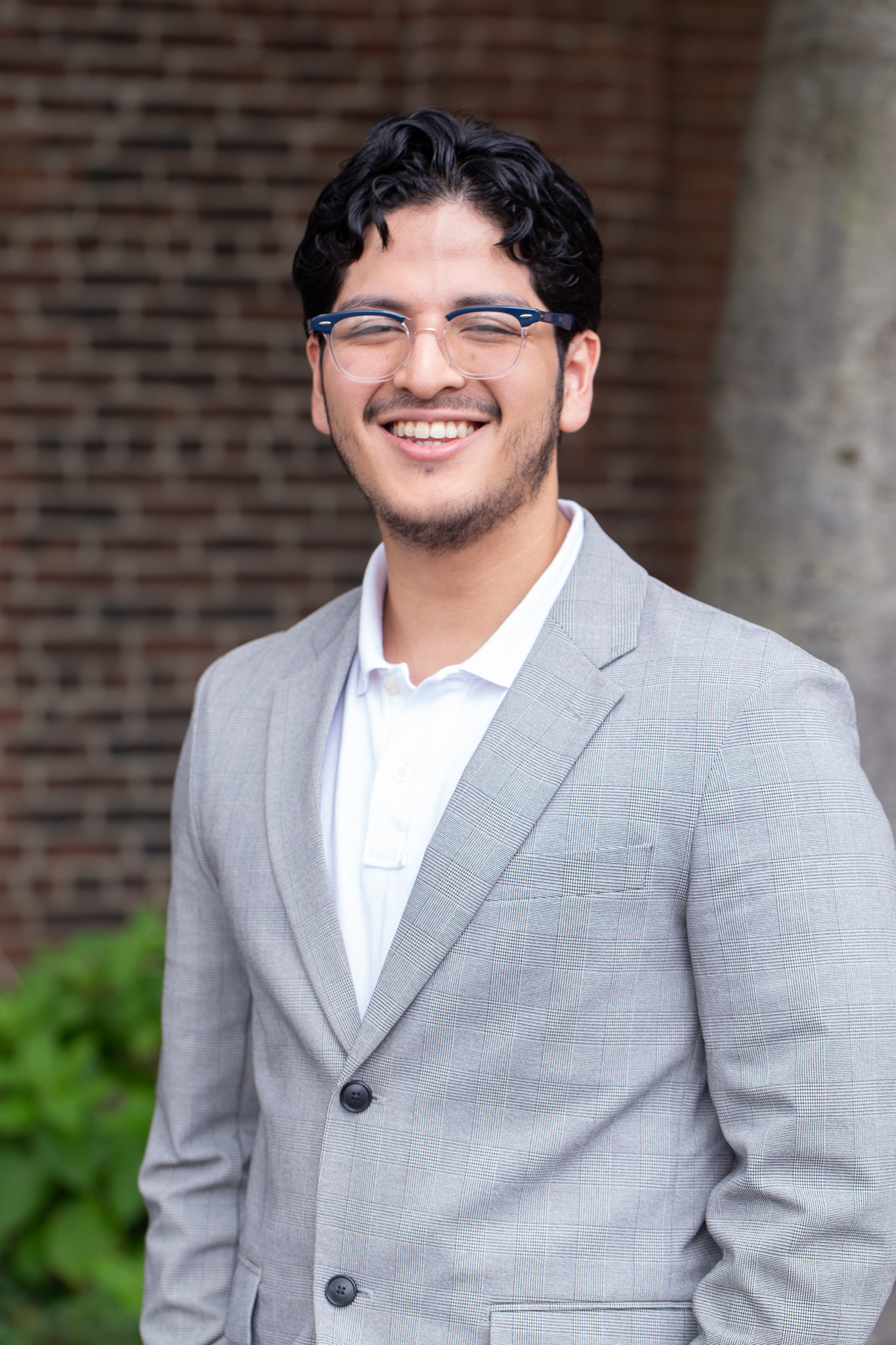
Marcelo Remond
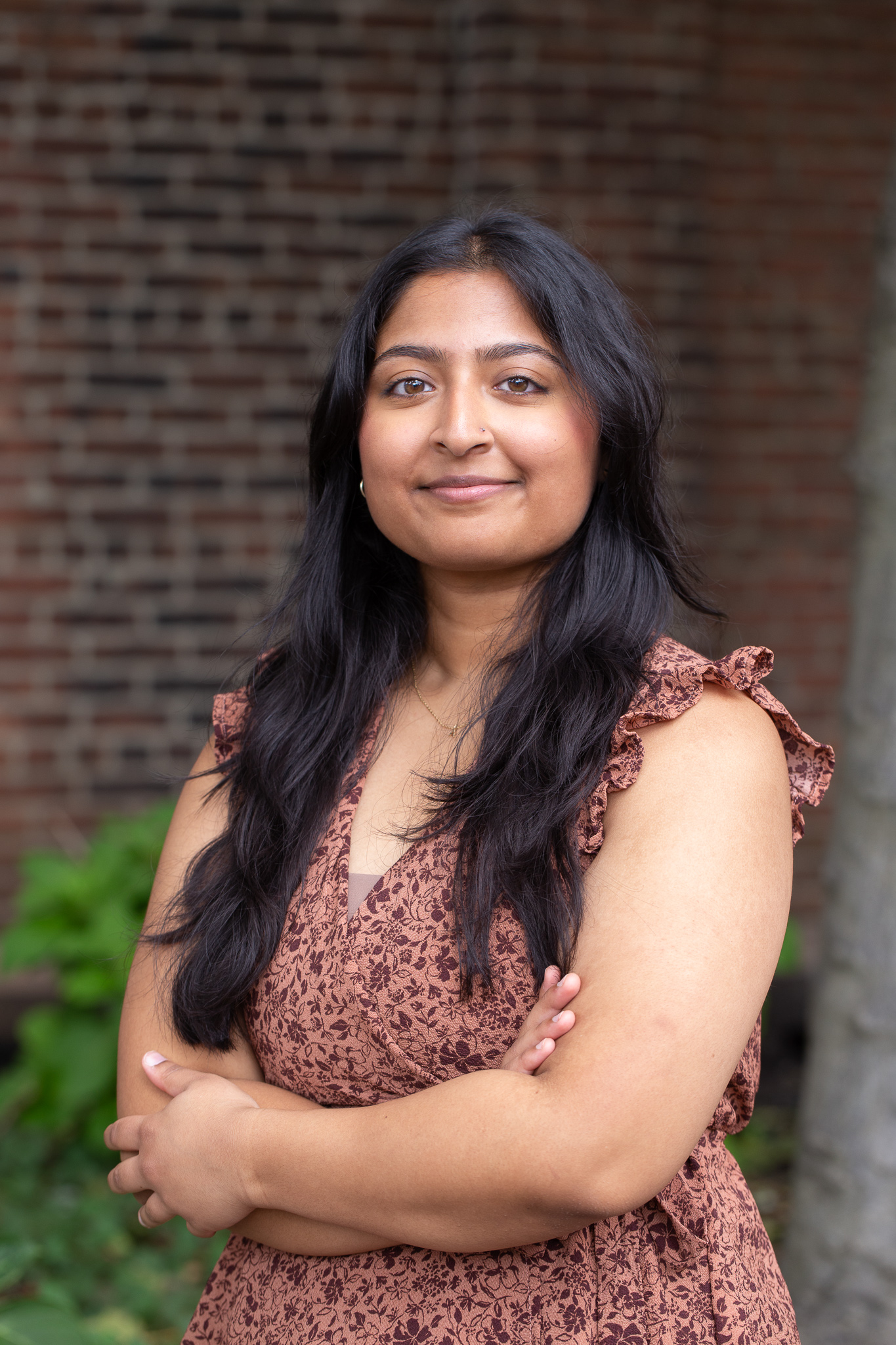
Aditi Rana
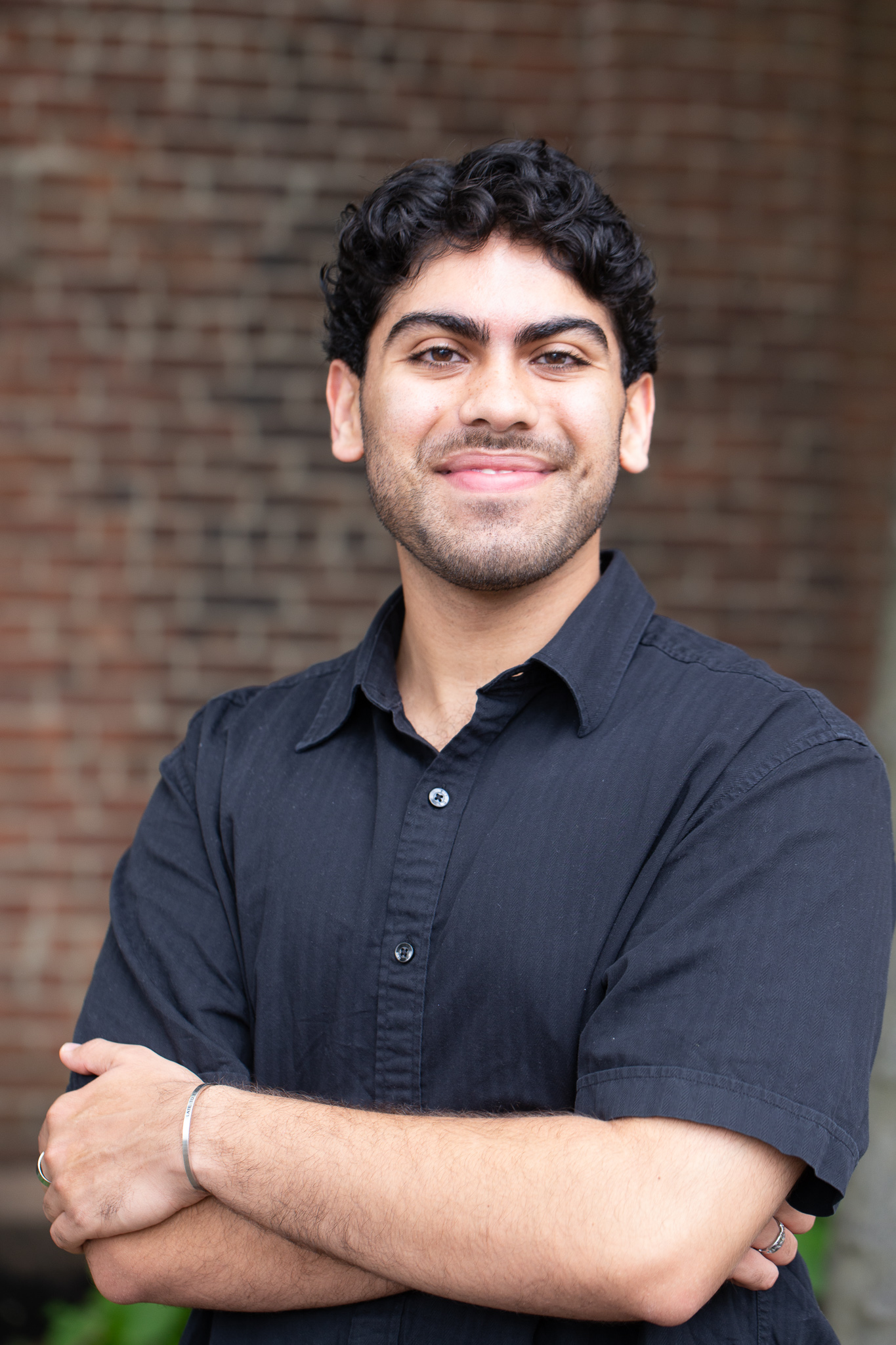
Adeel Yaqoob
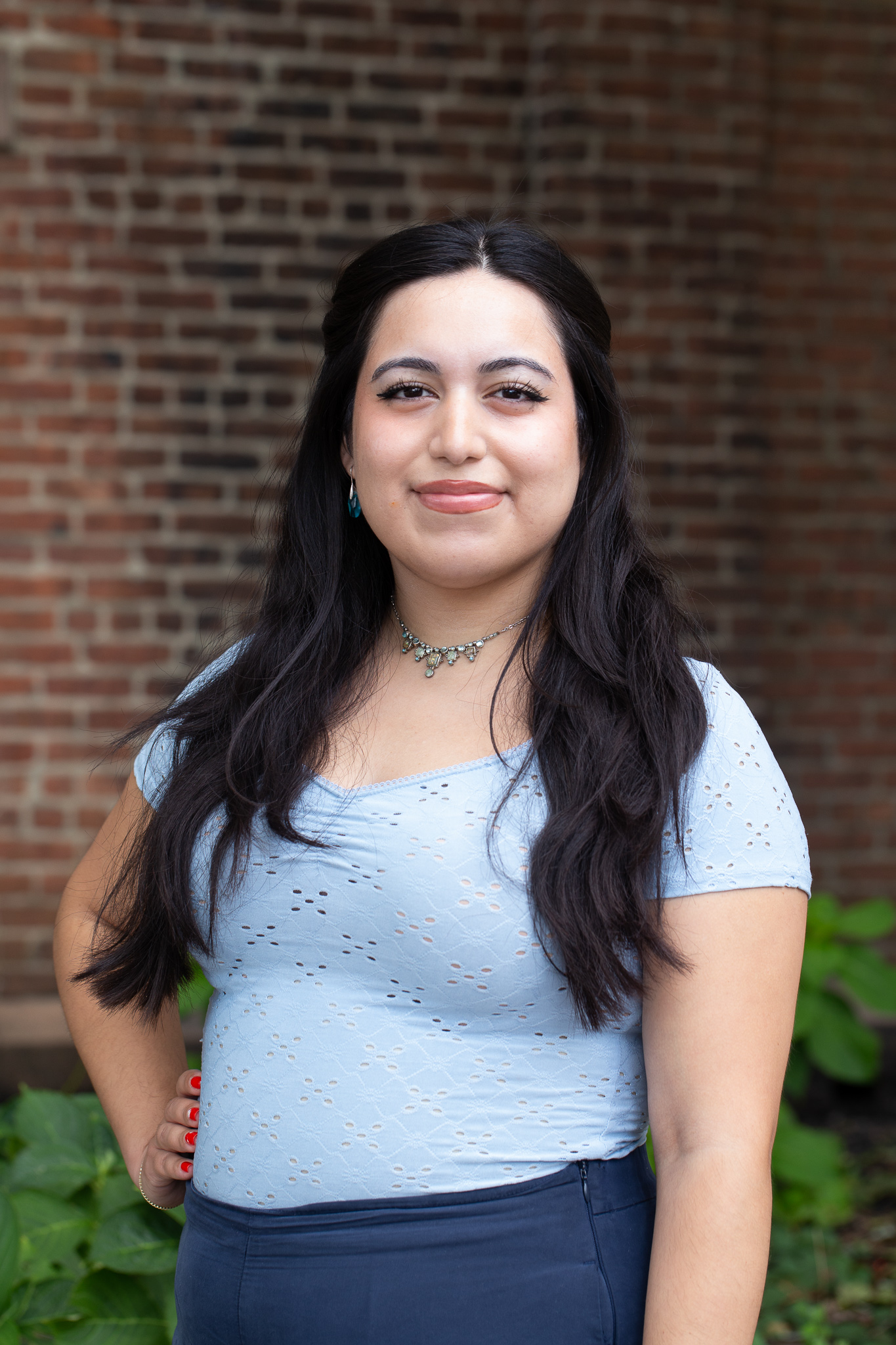
Adriana Zarza
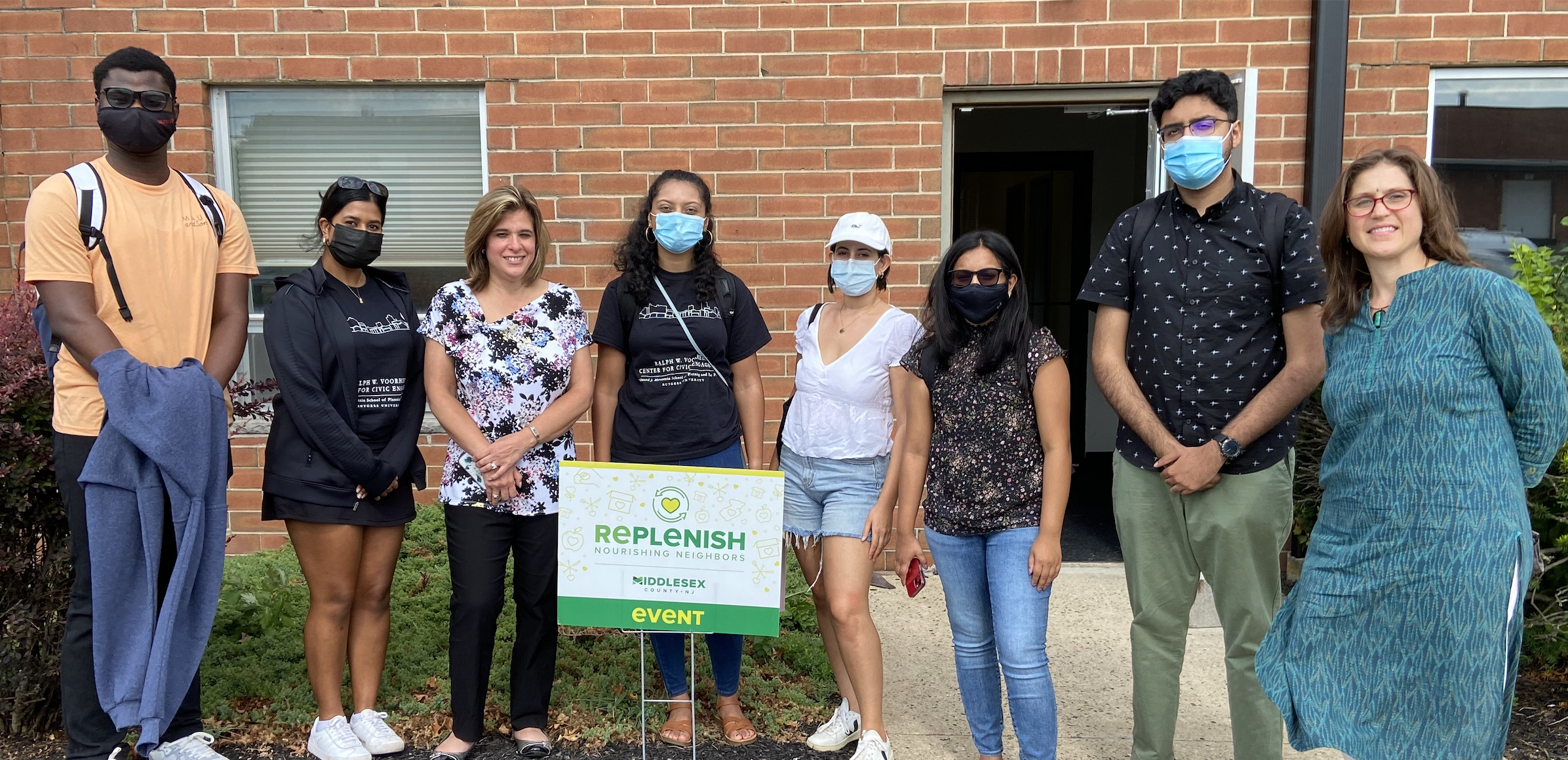
2022-23 Ralph W. Voorhees Public Service Fellows
The Ralph W. Voorhees Public Service Fellows worked with REPLENISH, the Middlesex County Food bank, to better understand how the emergency food system functions in an emergency.
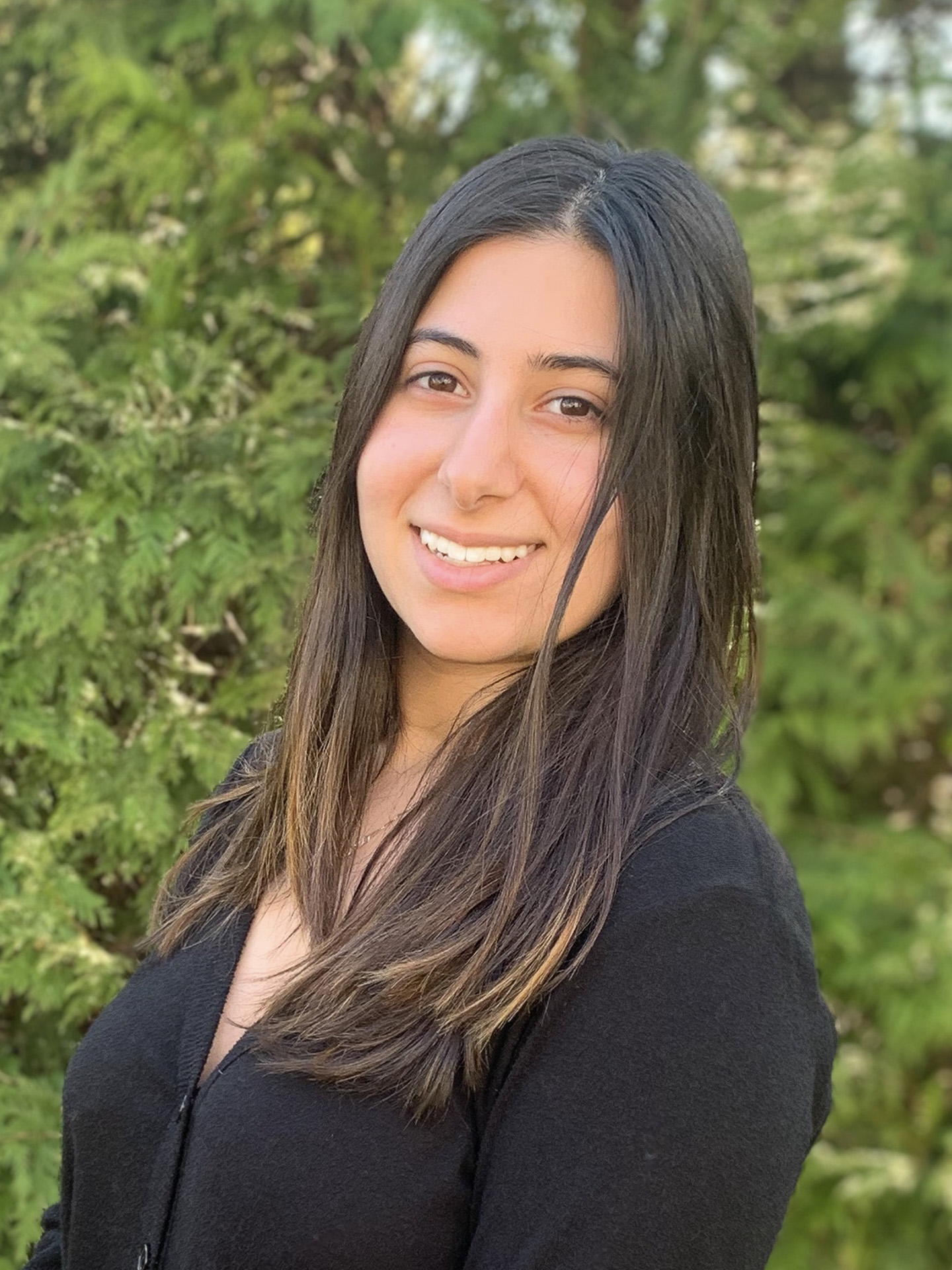
Ariel Cohen

Anamika Desai
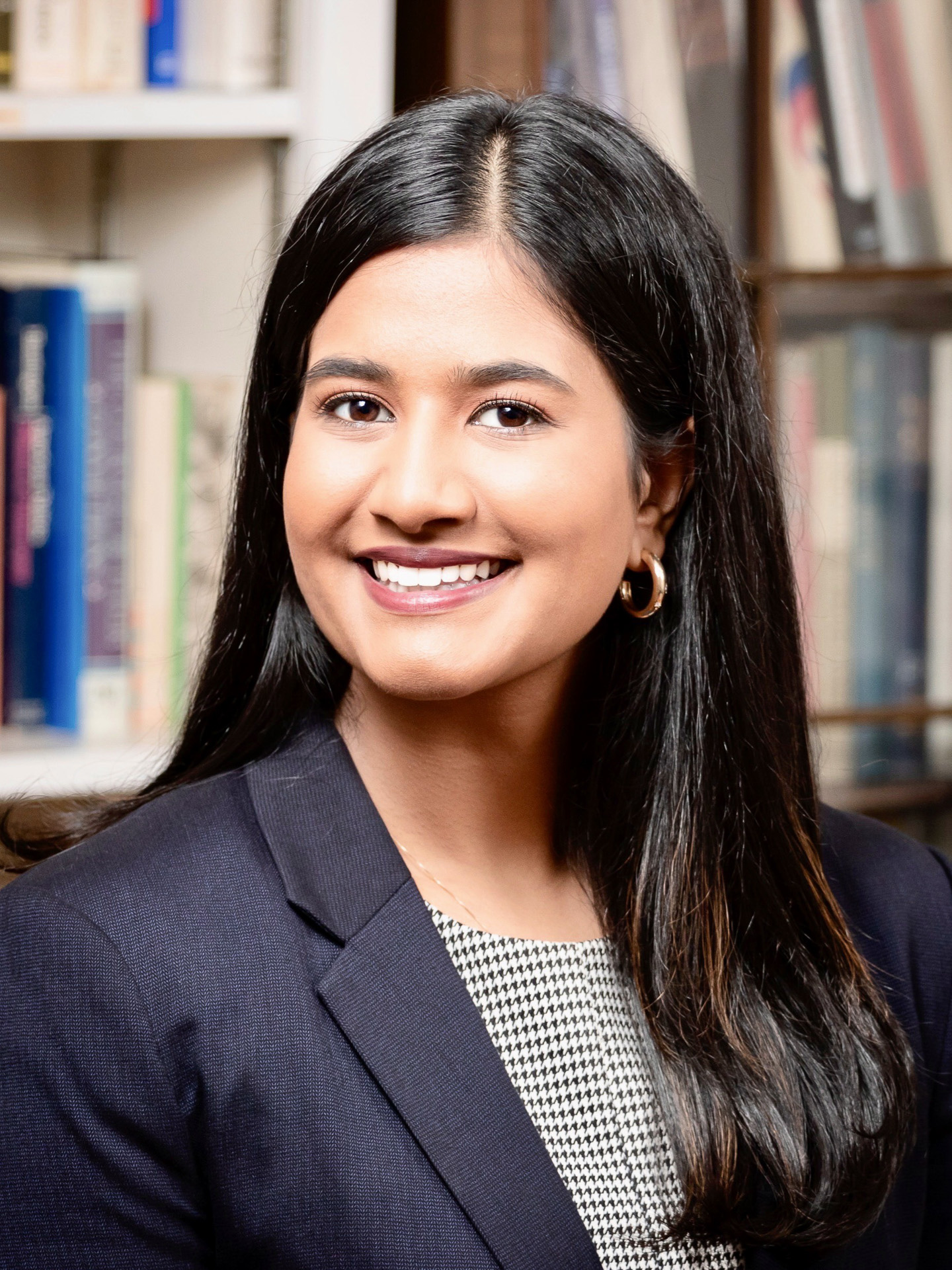
Nina Gohel
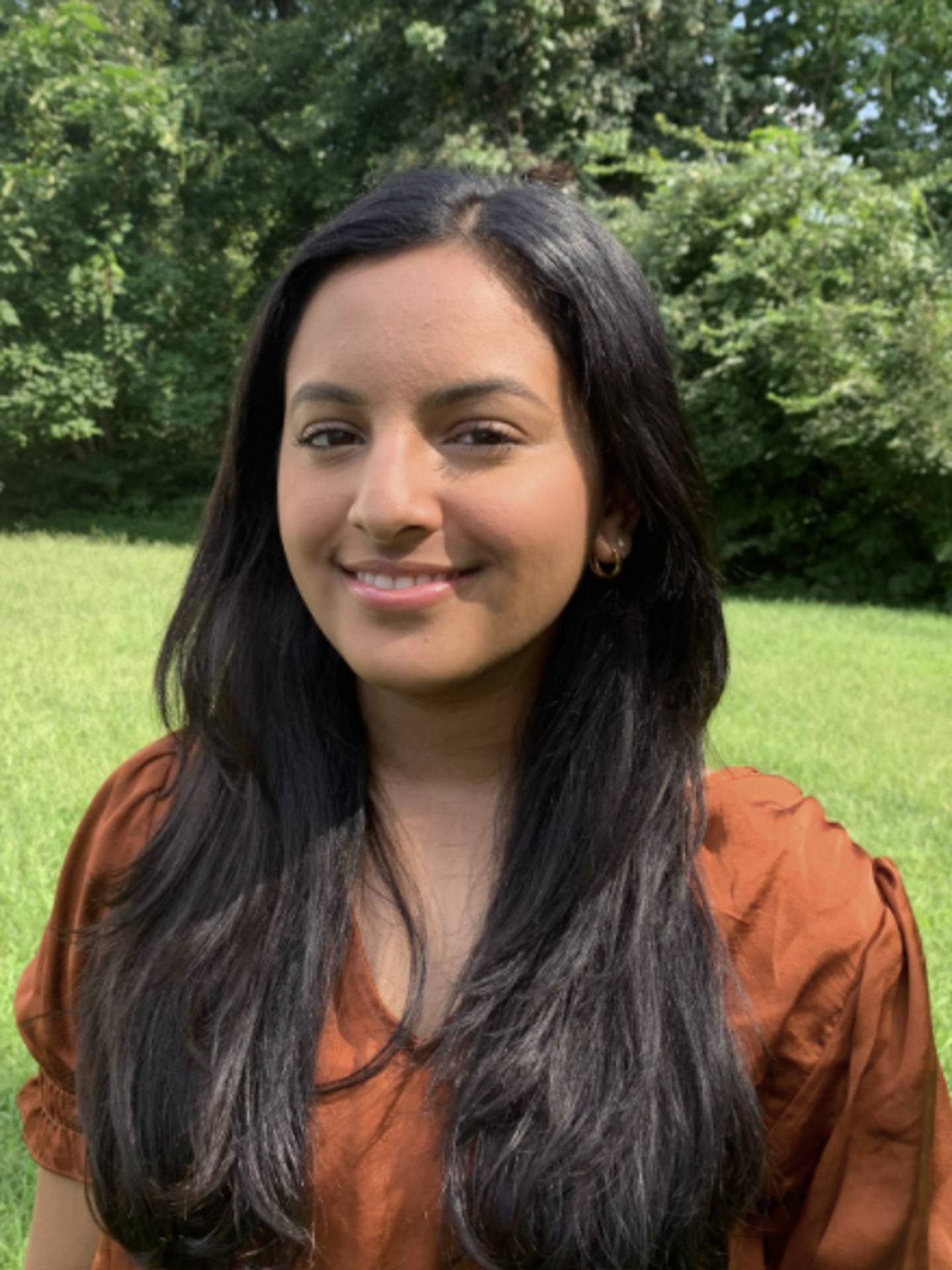
Shreya Gupta

Taha Umar

2021-22 Ralph W. Voorhees Public Service Fellows
The Ralph W. Voorhees Public Service Fellows worked with REPLENISH, the Middlesex County Food bank, to learn how pantry staff and volunteers understand food dating labels.
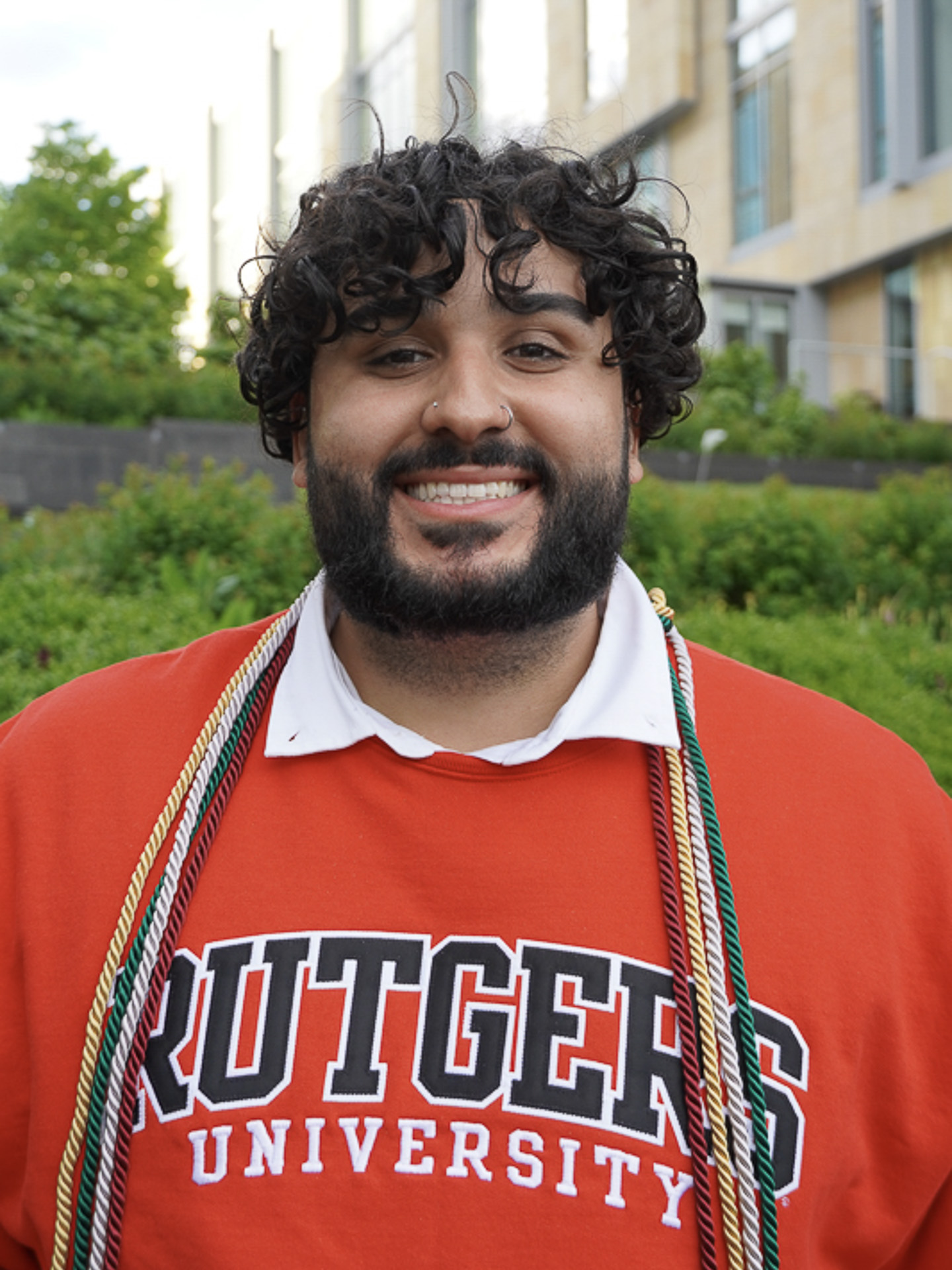
Jorge Alvarez
2021-22
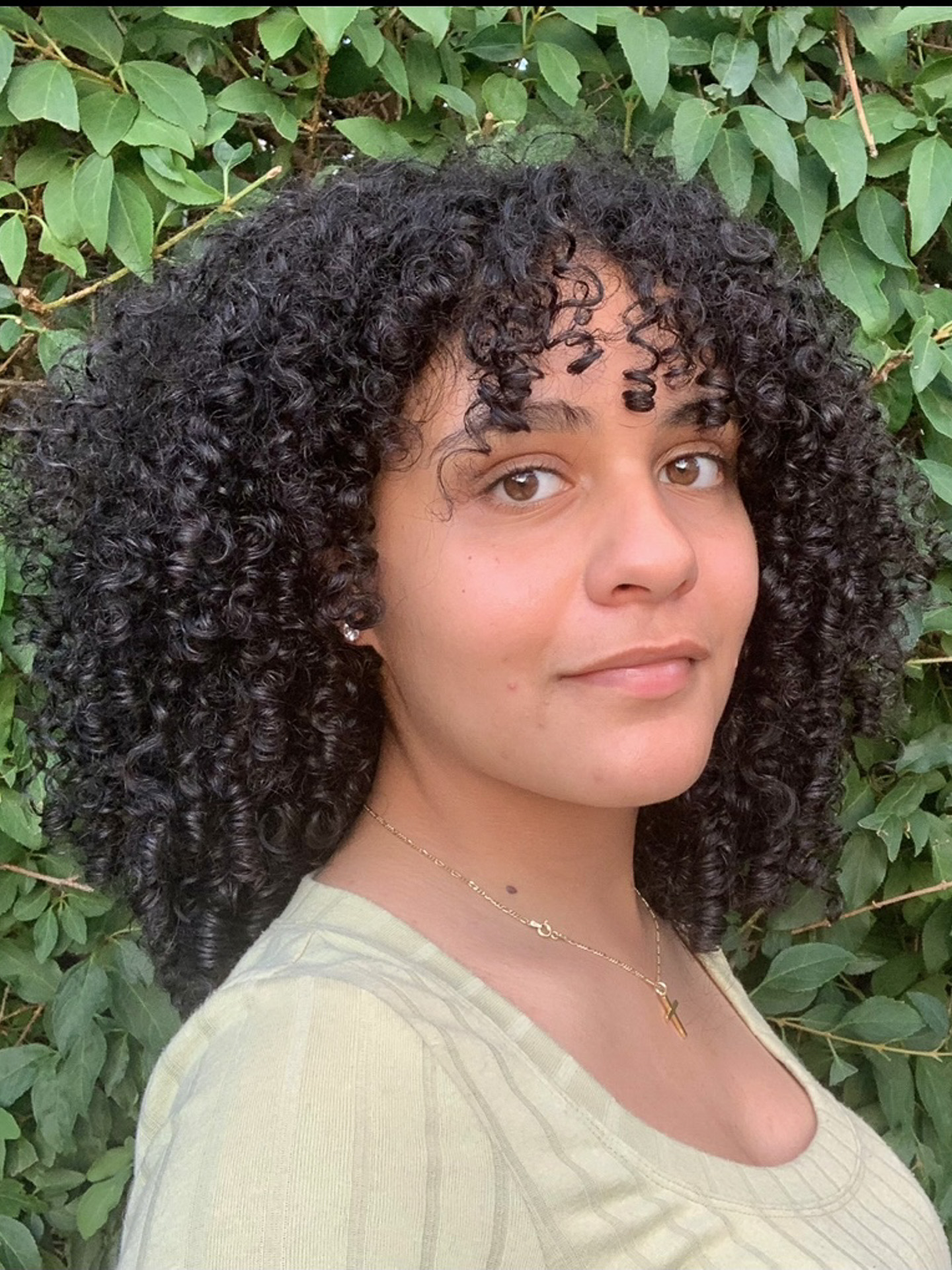
Saidy Cedano
2021-22
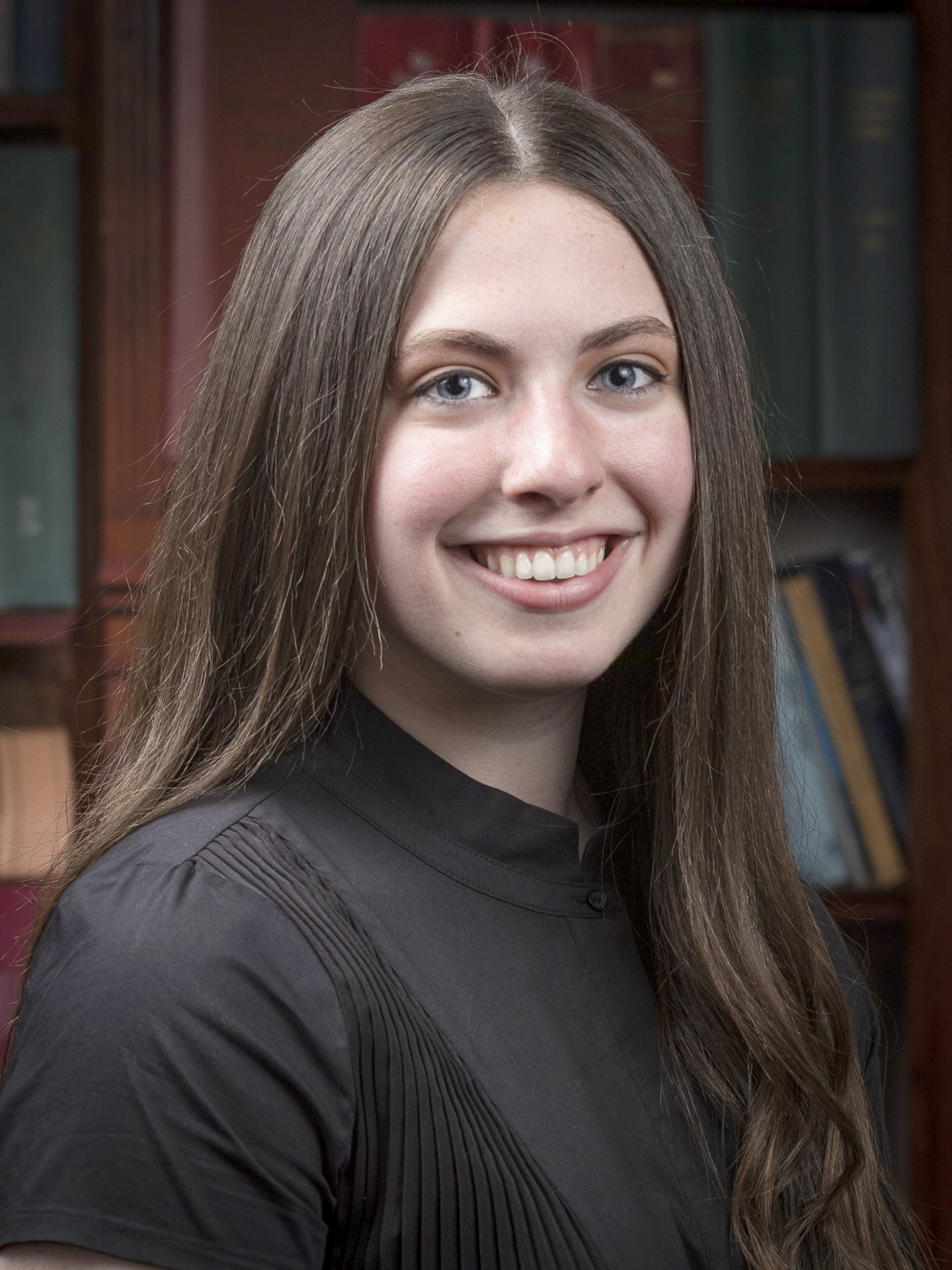
Brooke Margolin
2021-22

Neha Saju
2021-22
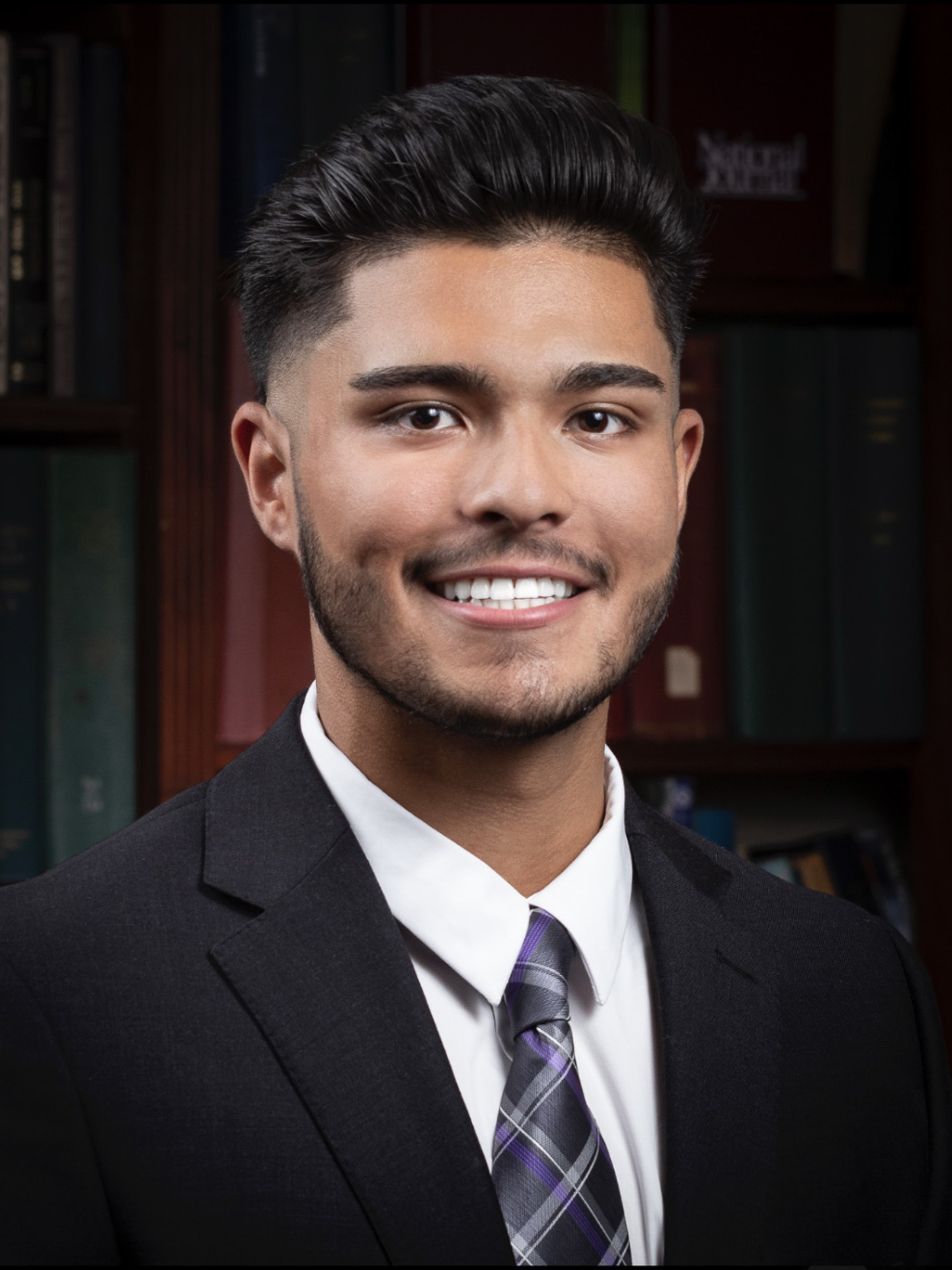
Isaac Alejandro Velez
2021-22
2020-21 Ralph W. Voorhees Public Service Fellows
During the Fall 2020 semester, the Ralph W. Voorhees Public Service Fellows worked with the Metuchen Edison Assistance League (MEAL) to better understand how the Covid-19 pandemic affected food pantries in the coalition. The COVID-19 pandemic has had a profound impact on the emergency food system, challenging a system that was already operating with few resources. Food pantries developed strategies to meet surging need while navigating COVID-19 safety challenges and dramatic shifts in food supply.
This report investigates how a set of food pantries in Metuchen and Edison, New Jersey, adapted to these circumstances. Our project has two main objectives: 1) Explore how food pantries in the Metuchen and Edison area that are part of the Metuchen Edison Assistance League (MEAL) coalition, modified their practices during the pandemic. 2) Share how pantries have responded to support their work into the future. These objectives are guided by three main research questions:
- How has COVID-19 impacted the emergency food system?
- How are food pantry directors helping to mitigate these effects currently?
- What new actions can food pantry directors implement to help mitigate these effects?

Rohit Aita
2020-21

Lily Chang
2020-21
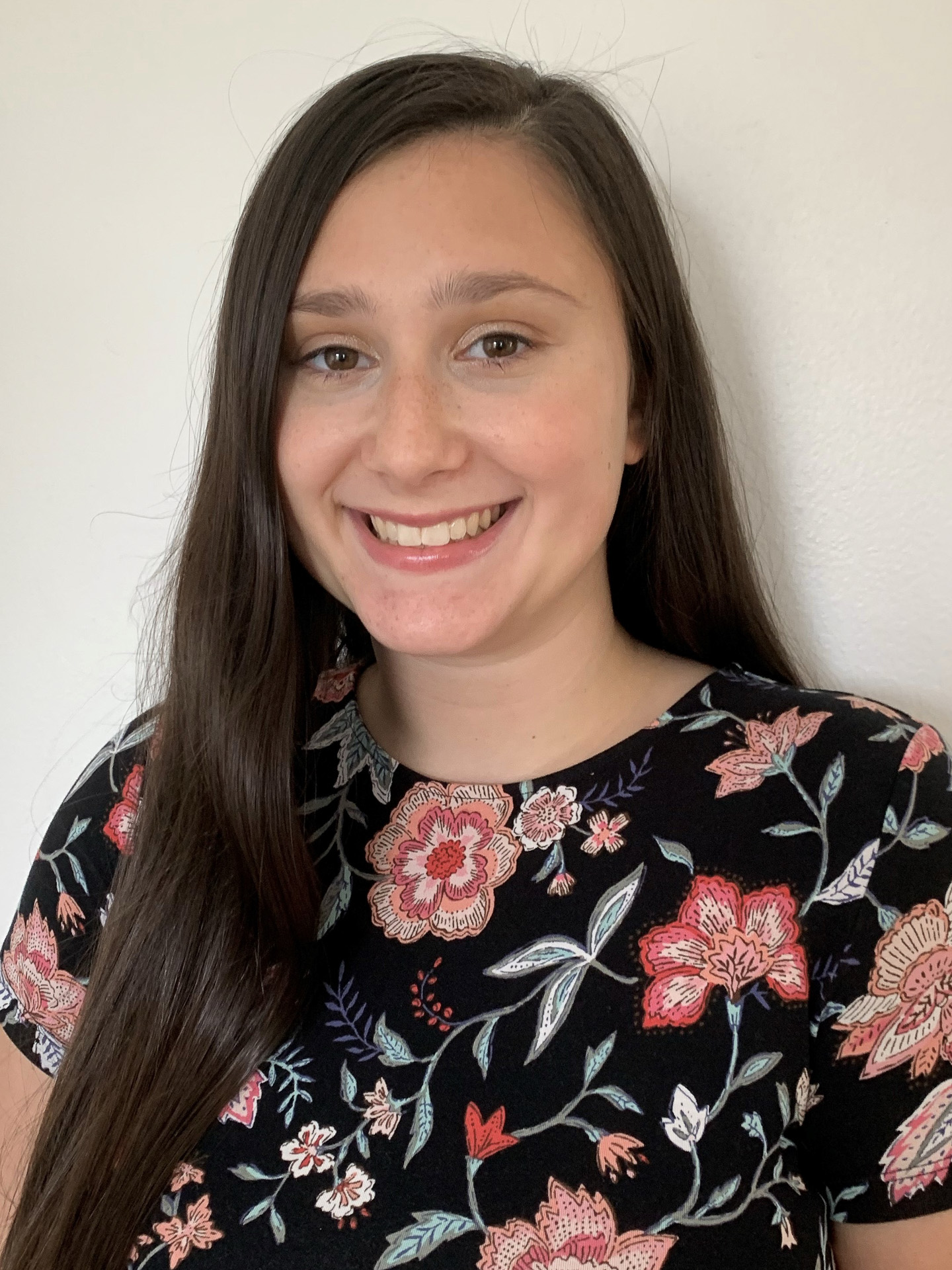
Josie Libero
2020-21
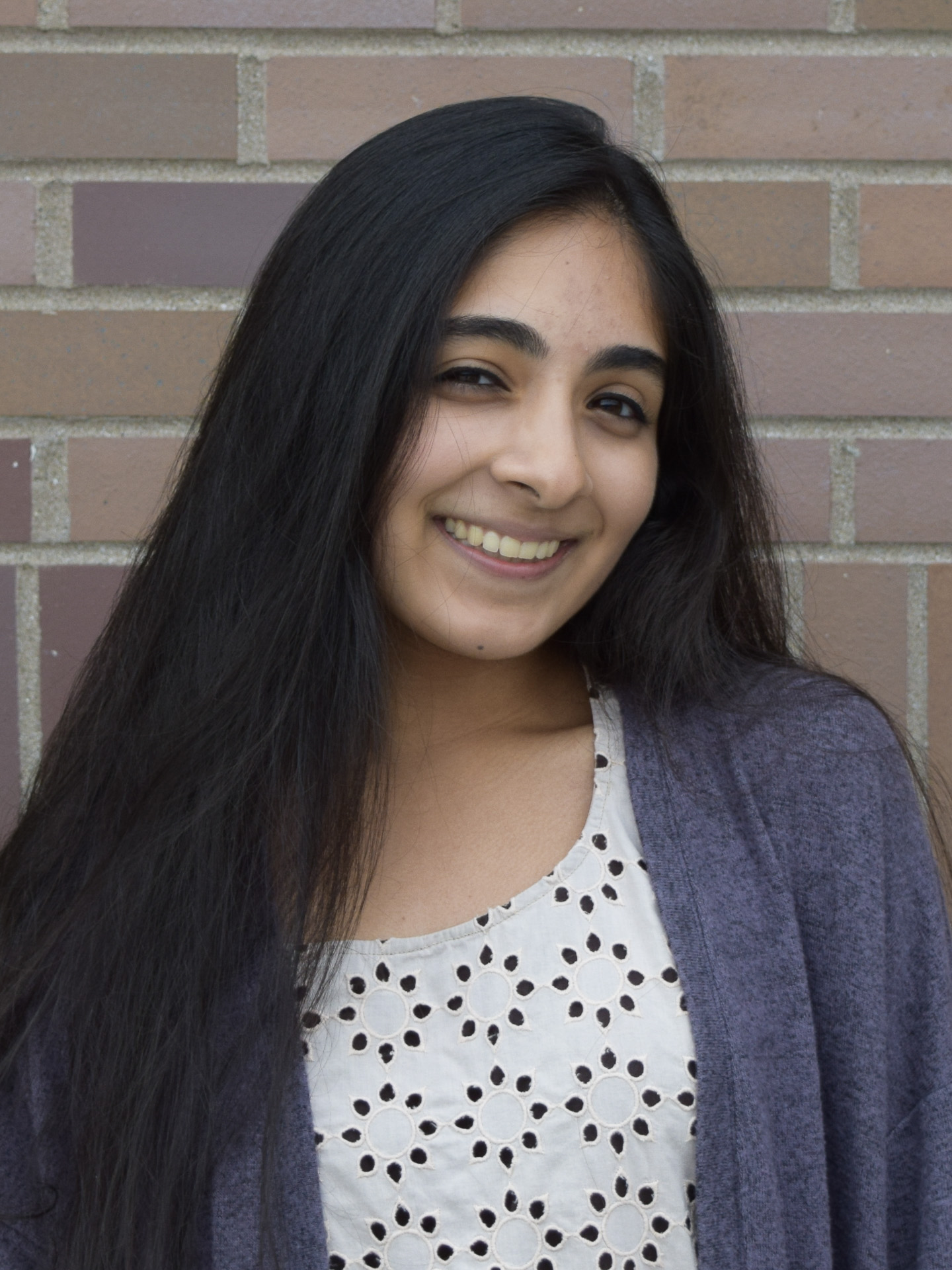
Kinnary Shah
2020-21

Wamia Siddiqui
2020-21
2019-20 Ralph W. Voorhees Public Service Fellows
During the Fall 2019 semester, Middlesex County Food Organization and Outreach Distribution Services (MCFOODS), Unity Square community organization, and other partners engaged the Ralph W. Voorhees Fellows to research innovative food pantry practices. We focused on pantries
that enable clients to choose their own food and pantries that use technology to improve operations. In the course of this research, two fundamental questions guided our methodology, analysis, and recommendations:
- How do food pantries address enduring tensions to provide food that best meets the needs of people in the communities they serve?
- What innovative practices do they employ to do so?

Hina Arshad
2019-20

Nashia Basit
2019-20
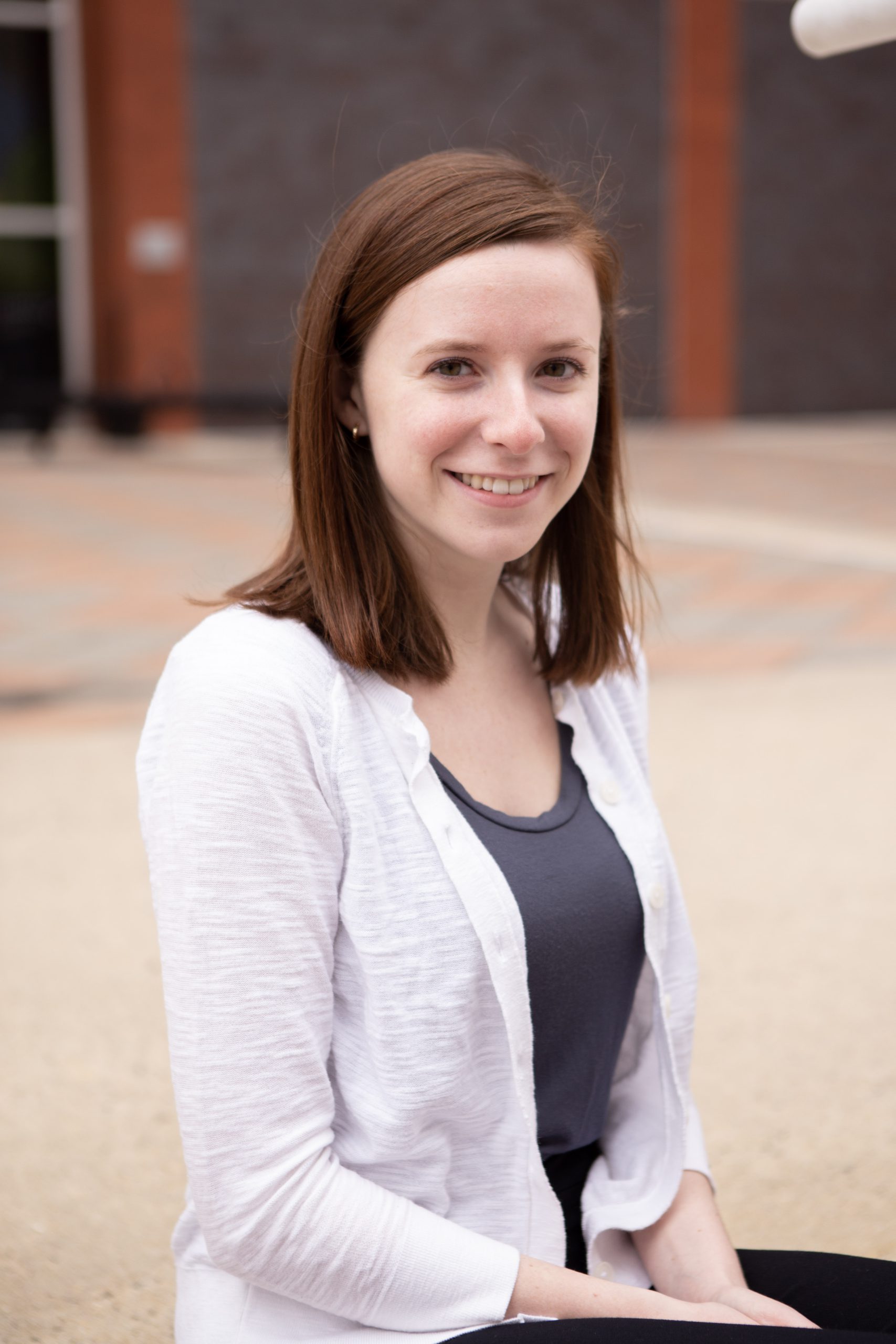
Cassie Bolinger
2019-20

Aiza Nageeb
2019-20

Julien Rosenbloom
2019-20
2018-19 Ralph W. Voorhees Public Service Fellows
Riley Link, Curtis McDaniel, Daniel Rodriguez, and Sabeen Rokerya, 2018 Ralph W. Voorhees Public Service Fellows, partnered with the Middlesex County Food Organization and Outreach Distribution Services (MCFOODS) during the Fall 2018 semester to research food insecurity in Middlesex County. MCFOODS asked the fellows to explore whether there are areas of unmet demand for food assistance in Middlesex County and especially in the towns of Carteret and Woodbridge. This is difficult to do and could not be fully completed within one semester. The fellows began the process of answering these questions by (1) exploring the demographic and economic characteristics of communities in Middlesex County, (2) mapping the MCFOODS-networked food pantries that serve these communities, and (3) identifying communities which experience higher rates of poverty and which have more adults 75 and over. Using this information, the team identified areas that might have higher demand for food assistance and therefore warrant additional research. The report begins with background information about food insecurity. A short description about methodology and limitations follows. The authors then discuss what they learned about Middlesex County and specifically about Carteret and Woodbridge. The report concludes with key takeaways and recommendations for future research.
2017-18 Ralph W. Voorhees Public Service Fellows
Food insecurity, food accessibility, and food deserts have generated national concern as social justice issues. To combat these injustices, groups from across North America have created mobile food markets. A modern-day mobile market established in West Oakland, California in 2003 helped to spur the mobile food movement (Albala 2015). Shortly thereafter, the idea of bringing affordable and healthy food to low-income communities took off across North America. Typically, mobile markets use repurposed or retrofitted vehicles to distribute culturally appropriate, farm-fresh products to low-income, low-food-access neighborhoods (Bartley & Best 2013) and promote healthier food choices (Zepeda & Reznickova 2013). Many provide subsidies to make fresh food more affordable, which increases food accessibility and food security for those in need. Recent academic research suggests that increased access to fresh vegetables and fruits has been linked to an increase in vegetable and fruit consumption in food deserts (University of Wisconsin 2015; Widener et al. 2013). Though some mobile markets aim to improve health outcomes by providing communities with healthy food, others seek to address food and economic sustainability by expanding the market for food that is grown and distributed within a metropolitan area.
2016-17 Ralph W. Voorhees Public Service Fellows
During the Fall 2016 semester, Antoinette Gingerelli, Rhiannon Jones, Vanessa Raymond, Esther Rose-Wilen, Patrice Williams examined community food incubation and the potential to create small food businesses in New Brunswick, New Jersey. The study about community food business incubation is a product of a partnership between the Voorhees Fellows and the New Brunswick Community Food Alliance’s Food Economic Development Work Group. The Food Economic Development Work Group asked the Voorhees Fellows to explore how community food incubators work and to identify the resources, institutions, and programs New Brunswick already has to support the creation of new and expansion of existing community food businesses.
New Brunswick is home to many current and future food business entrepreneurs. Some are home cooks who would like to start a food business. Others would like to expand their current businesses by selling from a food cart, food truck, or restaurant. Some cooks produce one well developed product such as tamales, pasteles, or empanadas and others cook meals or a variety of products. Many communities are creating food entrepreneurship programs to support cooks like these with the aim of spurring community economic development. Many of these cooks in New Brunswick are low-income and to grow their businesses, need access to low-cost commercial kitchen space, business support and training, insurance, food safety training and certification, and start-up assistance among other things. Having access to certified commercial kitchen space is essential because food business entrepreneurs in New Jersey have to make food in certified commercial kitchens. The 2016 New Brunswick Food Assessment found that there is demand for commercial kitchen space especially in the early morning hours, that cooks may need space to store ingredients and equipment, that many need freezer and refrigeration space, and that most can spend no more than twenty to one hundred dollars per week to rent space (New Brunswick Community Food Assessment, 2016).
2015-16 Ralph W. Voorhees Public Service Fellows
Ana Bonilla Martinez, Daniela Ortega, Reshma Parikh, Katarina Piasevoli, and Abigail Thompson studied New Brunswick’s emergency food system during the Fall of 2015. The study of New Brunswick’s food pantries is the product of a partnership between the Feeding New Brunswick Network, a coalition of emergency food providers in New Brunswick, and the Ralph W. Voorhees Public Service Fellows, a group of undergraduate students at Rutgers University. Graduate students in an Advanced Qualitative Methods course provided support. The Feeding New Brunswick Network asked the students to study the city’s emergency food system. During the Fall 2015 semester, students conducted a literature review on emergency food systems, explored cutting edge food pantries in the US online, interviewed and or volunteered with nearly all of the food pantries in New Brunswick and visited two regional food banks. This project is a component of the New Brunswick Community Food Assessment which is multi-year long project conducted through a partnership of the New Brunswick community, Johnson & Johnson, and Rutgers University.
2014-15 Ralph W. Voorhees Public Service Fellows
During the 2014 Fall Semester, five undergraduate Ralph W. Voorhees Public Service Fellows, Francine Glaser, Ruthie Goldstein, Ashley Mena, Kellie Palomba, and Saad Shamshair, conducted a literature review, searched online to find community food efforts in the city or efforts that affect community food security in the city but are located elsewhere, and conducted 34 interviews with community based organizations, universities and medical centers, community leaders and academics. The report (1) explains how organizations promote food security including access, education, advocacy, community economic development and food waste; (2) describes each local organization and its programs including the population served, the type of organization, address, contact information, website, as well as keywords highlighting issues the organization or program addresses; (3) discusses some of the barriers these organizations currently face and provides suggestions for improvement; and (4) presents an overview of the efforts to address community food security through improving food access, education, advocacy, community economic development, and research.
2013-14 Ralph W. Voorhees Public Service Fellows
During the 2013 Fall Semester, five undergraduate Ralph W. Voorhees Public Service Fellows, Abdul Abad, Katherine Fudacz, Kevin Dahaghi, Erin Maguire, and Sarthi Tuli, partnered with Elijah’s Promise and the New Brunswick Community Food Alliance to document their farm-to-freezer processing efforts that increase community food security and food-related community economic development. Elijah’s Promise is a community based organization in New Brunswick that seeks to alleviate poverty and hunger by providing job training, small business development, education, jobs, and services. The New Brunswick Community Food Alliance is a community collaboration that seeks to improve community food security.
2012-13 Ralph W. Voorhees Public Service Fellows
During the 2012 Fall Semester, five Ralph W. Voorhees Public Service Fellows, Nolan Patel, Tyler Seville, Jeanifer Uwaechie, Sarah Yeung, and Cynthia Willems worked with the graduate Community Development Studio and Elijah’s Promise, the New Brunswick Community Food Alliance, New Jersey Farm to School, Ag in the City, NOFA-NJ, and New Jersey Community Capital to better understand farming in Central New Jersey and food aggregation and distribution processes. The objective was to increase food-related community development, improve food security in New Brunswick and in New Jersey, and to better understand the challenges farmers face in general and in reaching urban populations. Elijah’s Promise asked the team to 1) better understand and map the farming landscape in New Jersey, especially in Central New Jersey, 2) describe what and where farmers grow and how they get their food to market and what challenges they face in doing so, and to 3) think about whether a food hub could improve conditions for farmers and consumers. Students explored the potential to build relationships with local New Jersey farmers to increase farm stability, grow light processing jobs, and improve community food security.
2011-12 Ralph W. Voorhees Public Service Fellows
During the 2011 Fall Semester, six Ralph W. Voorhees Public Service Fellows, Chike Achebe, Anita Kambhampati, Harini N. Kidambi, Ronit Leib, Katherine Nosker, and Alexandra Tereshonkova, worked with Elijah’s Promise to research the potential to develop urban agriculture in New Brunswick and create an urban agriculture plan for the city. Students explored the potential to grow and process food in the city, assessed the local market to purchase locally grown food, and considered how urban agriculture can enhance economic development opportunities by identifying models for growing and processing food that are linked to job training, education, and entrepreneurial business development. Students produced a report and implementation plan that includes examples from other cities.
